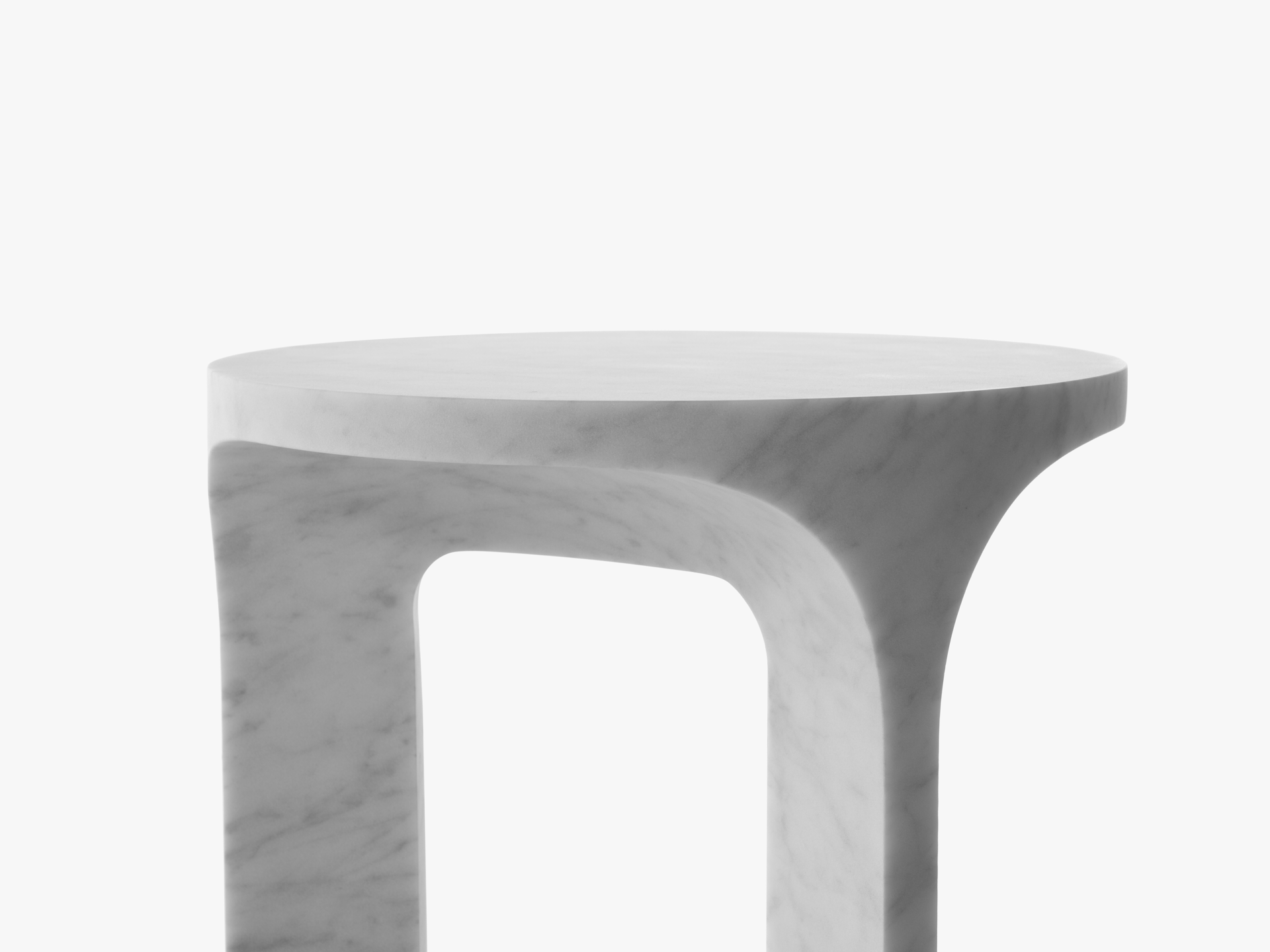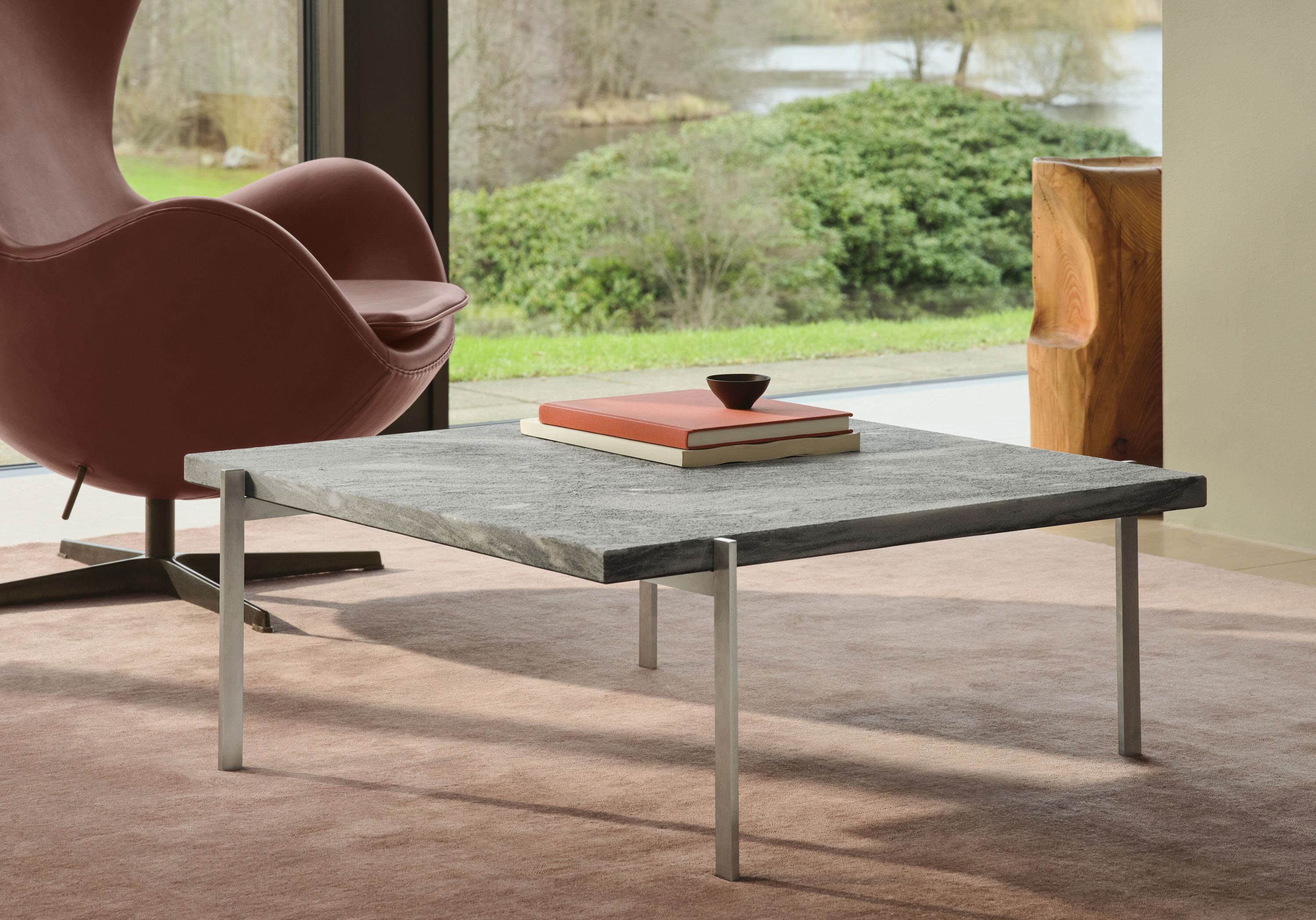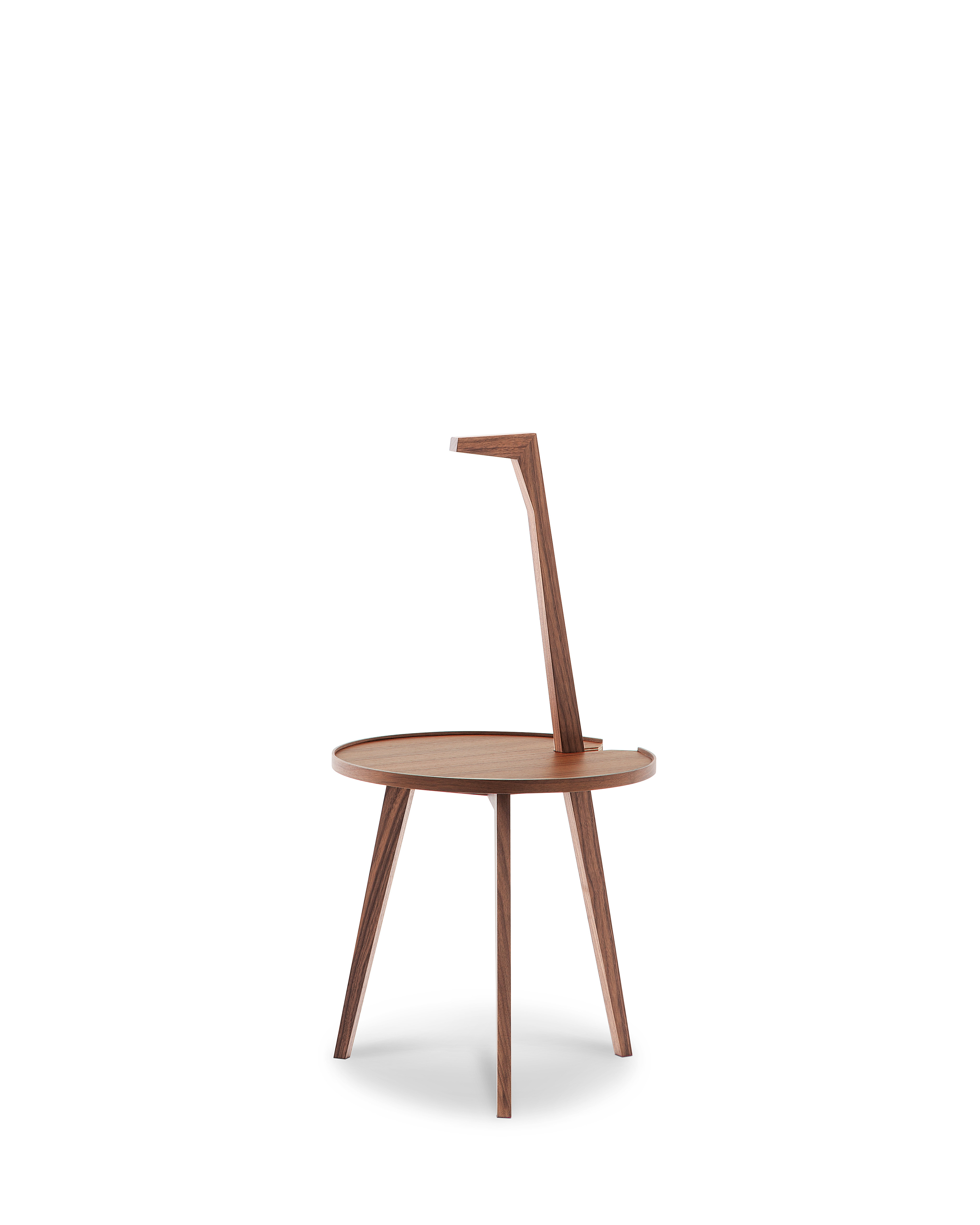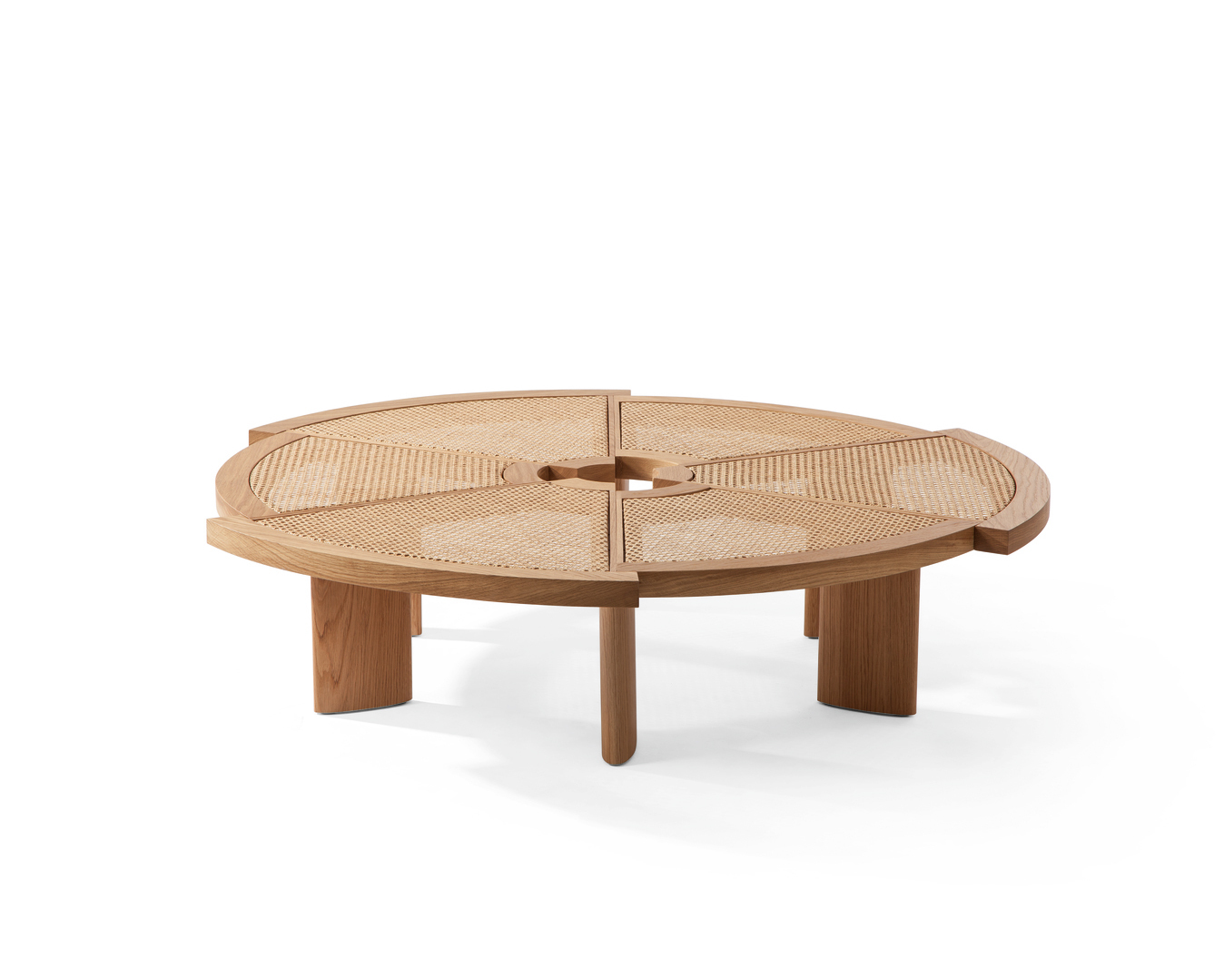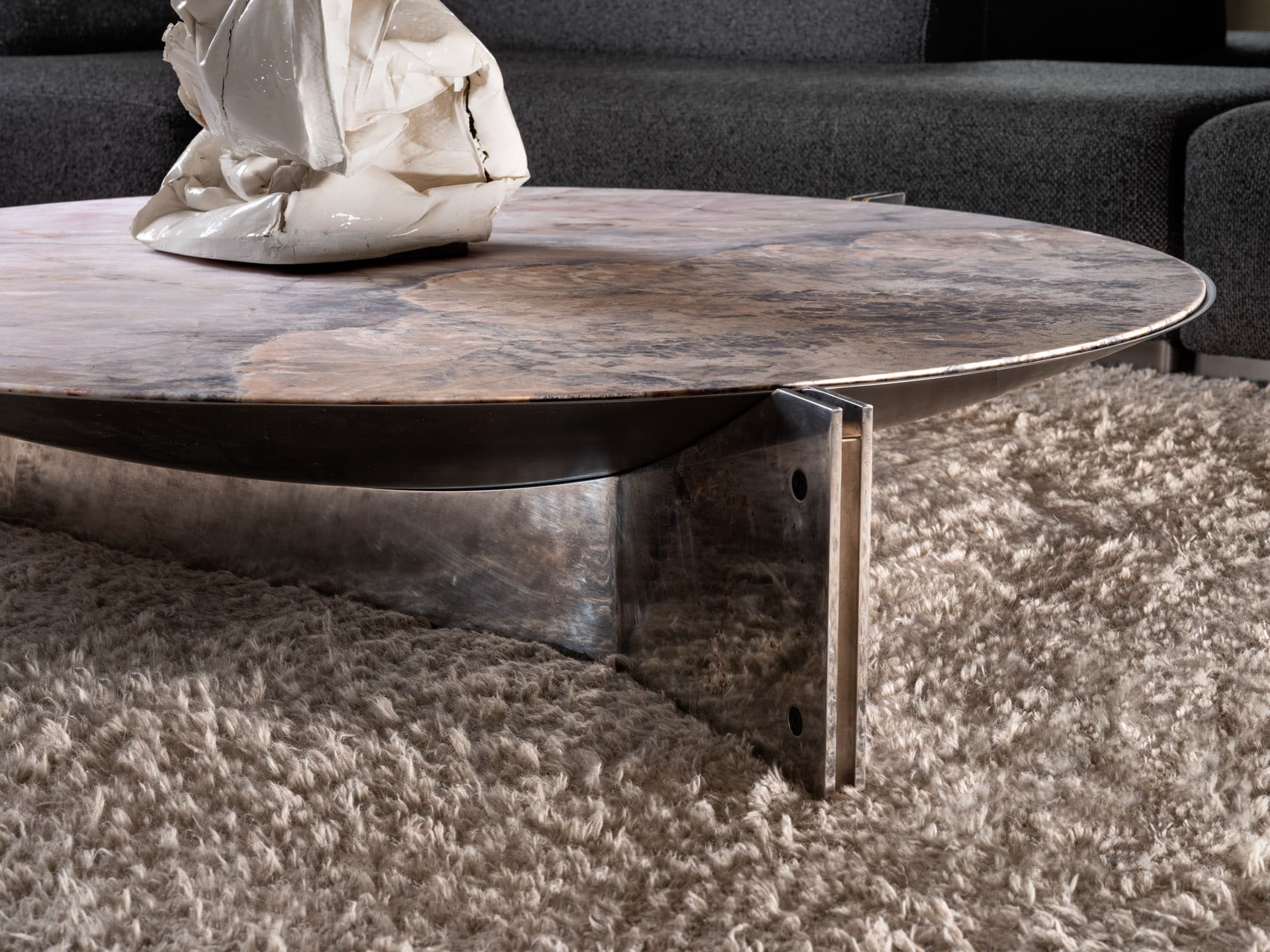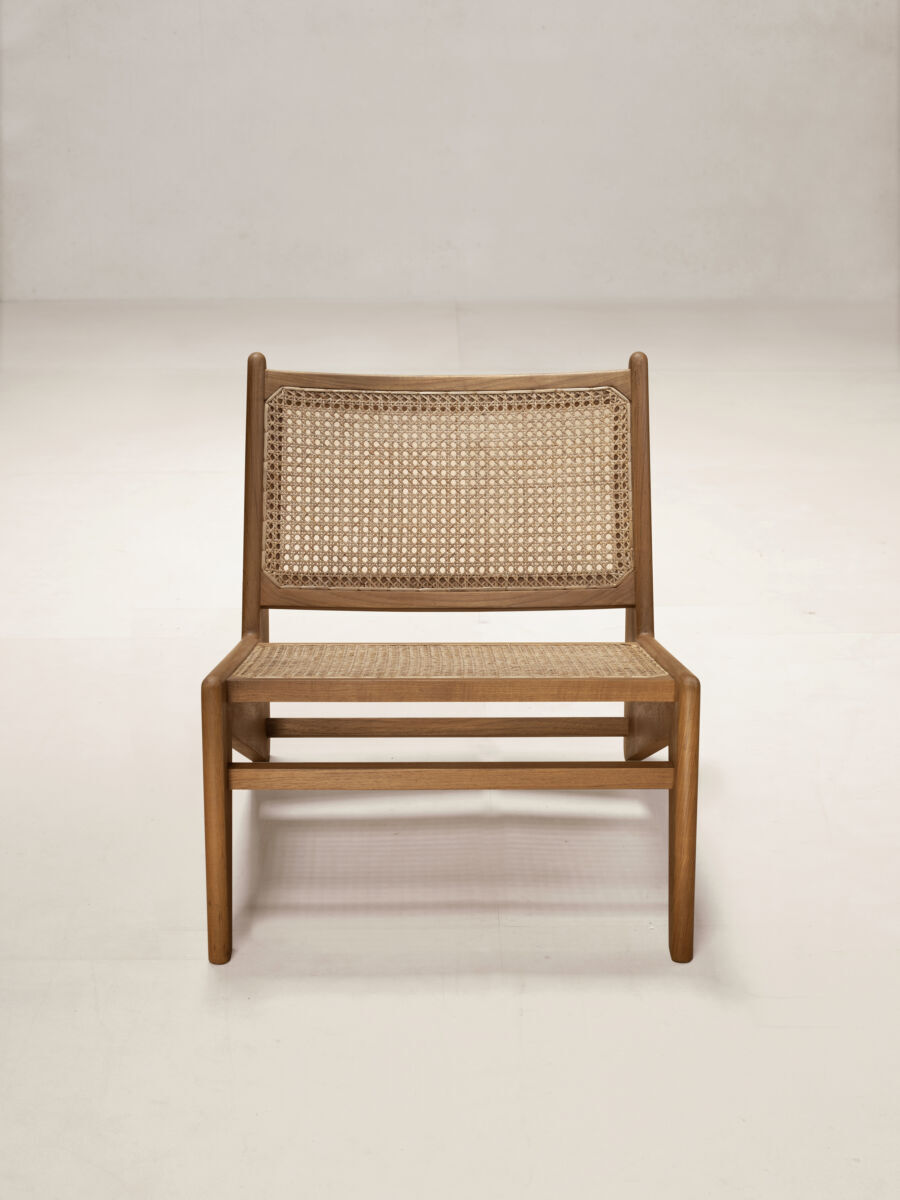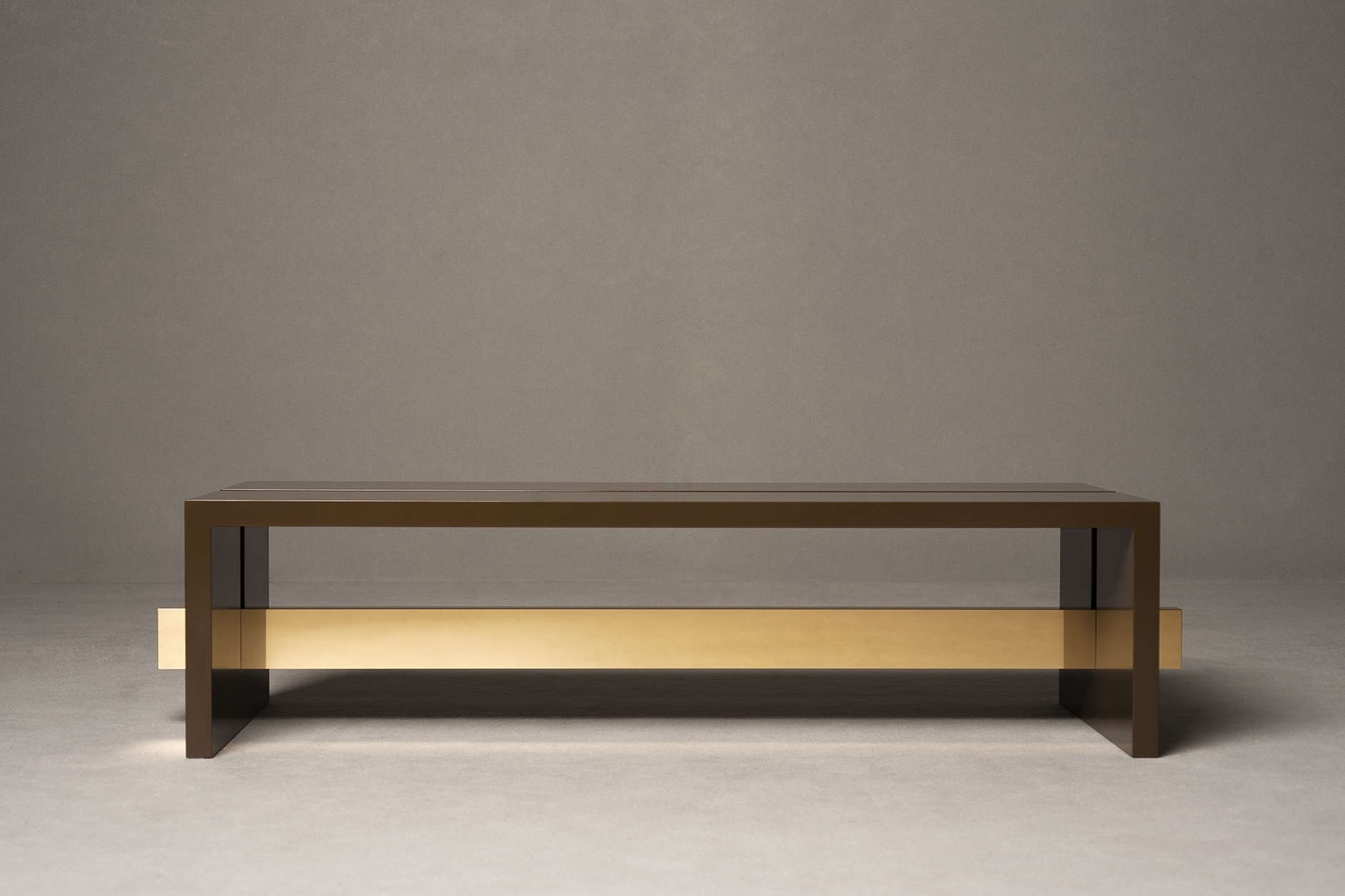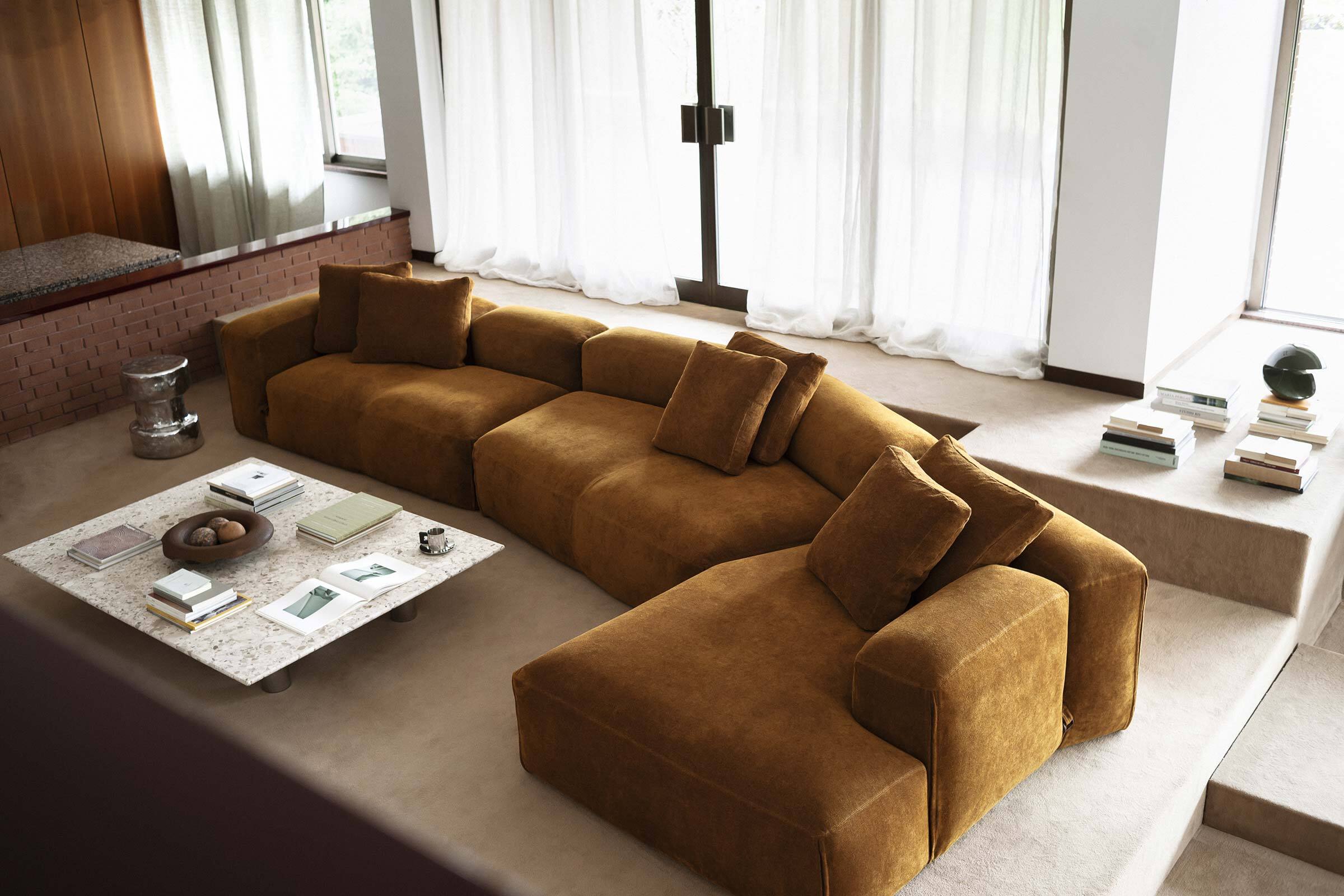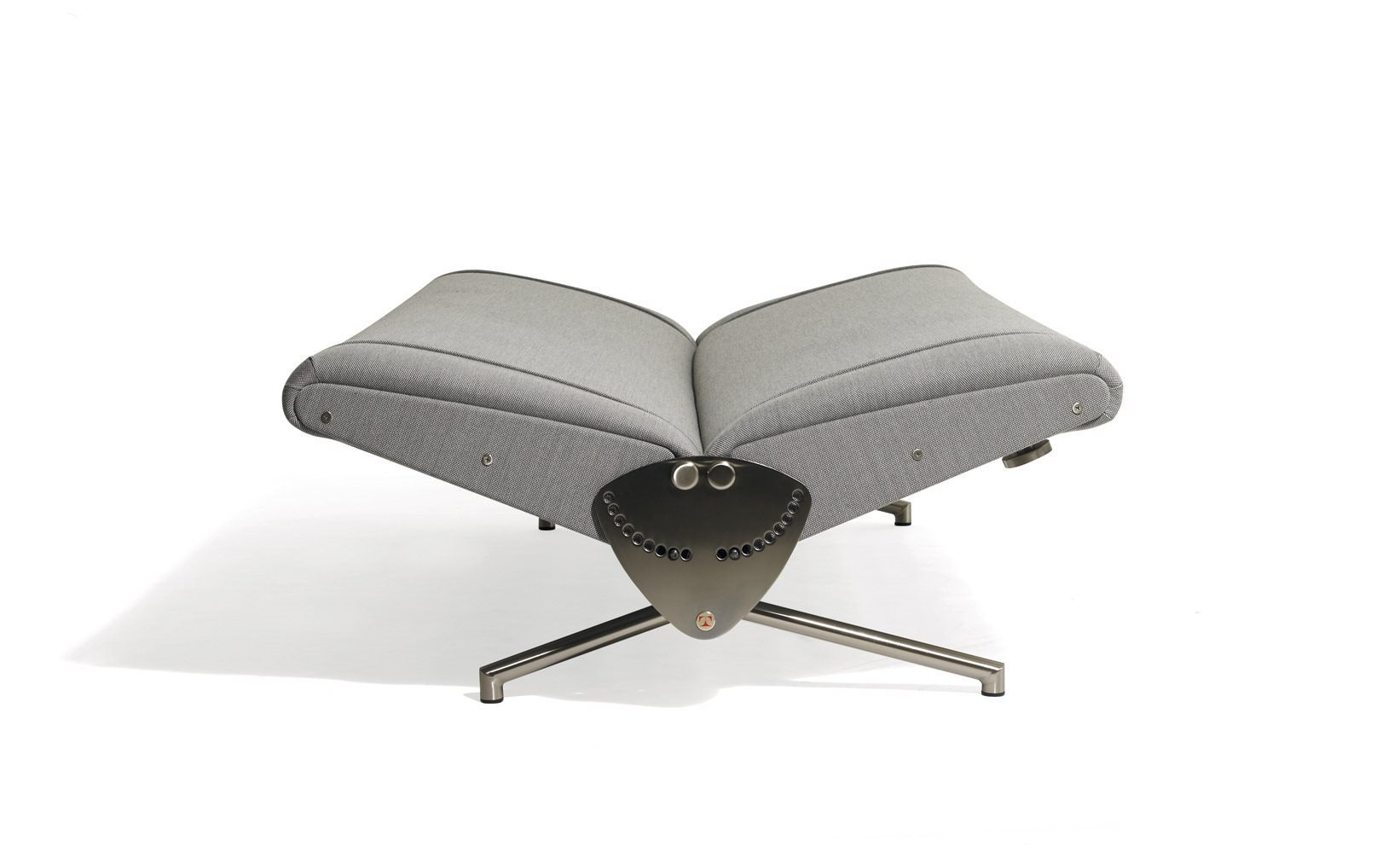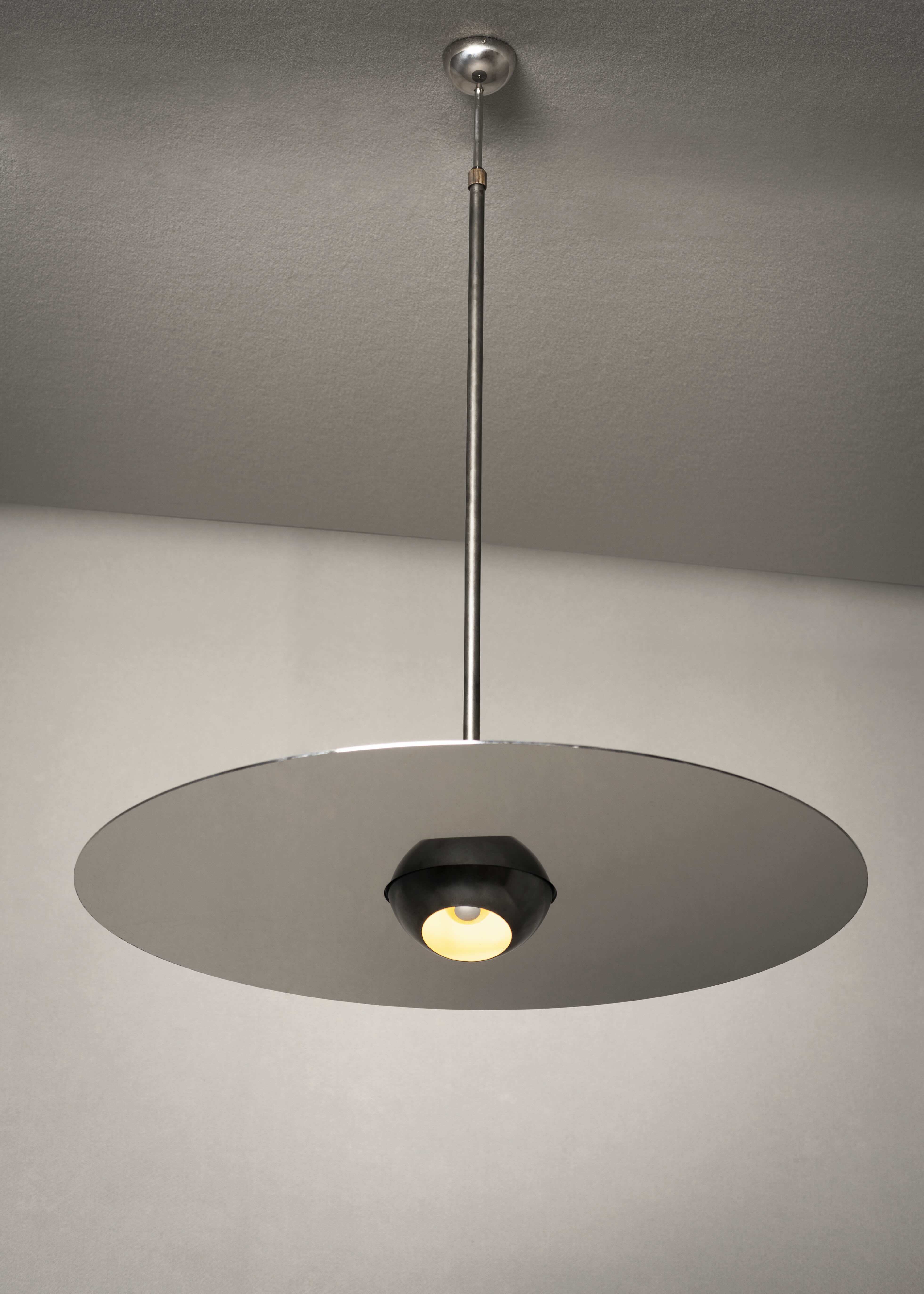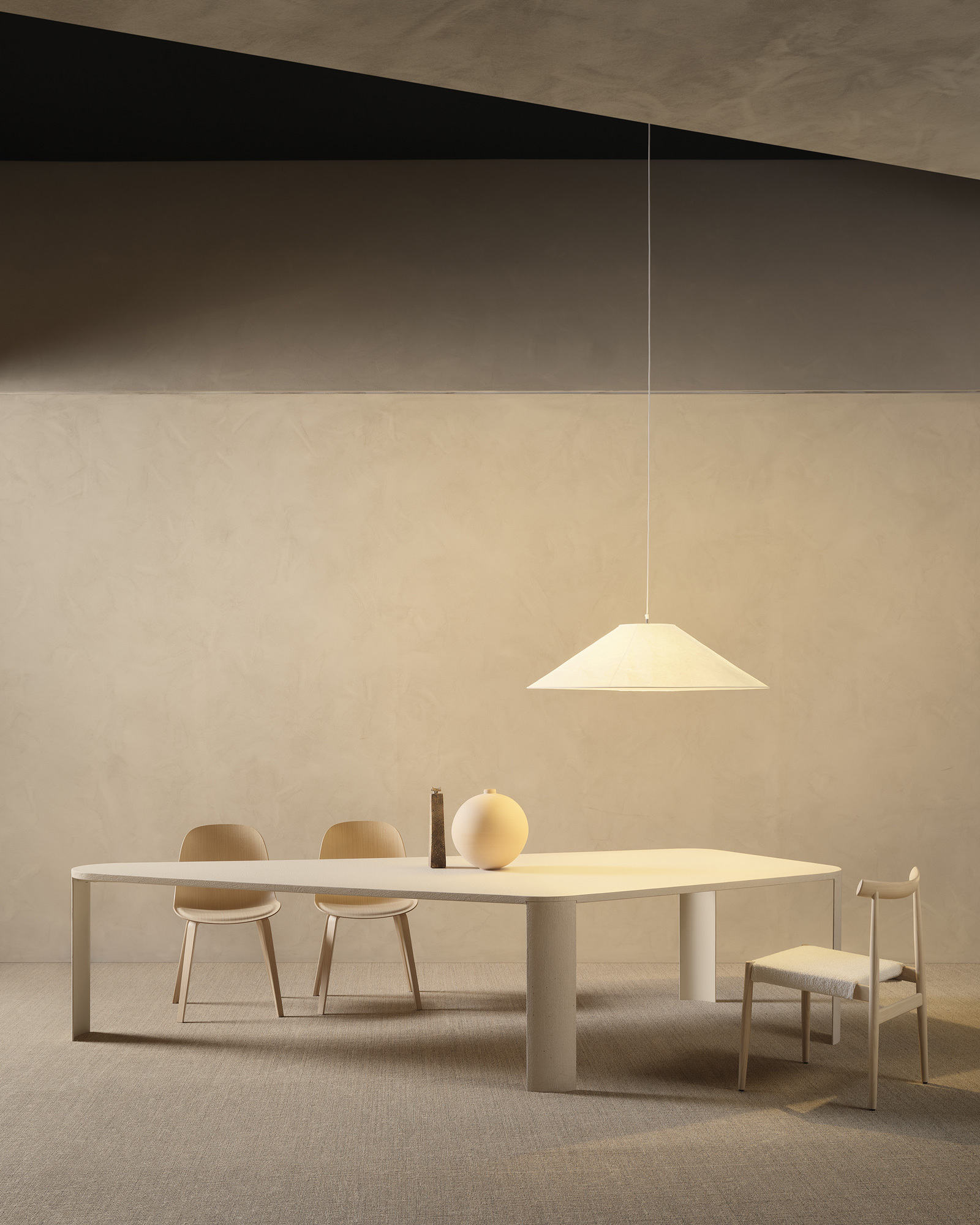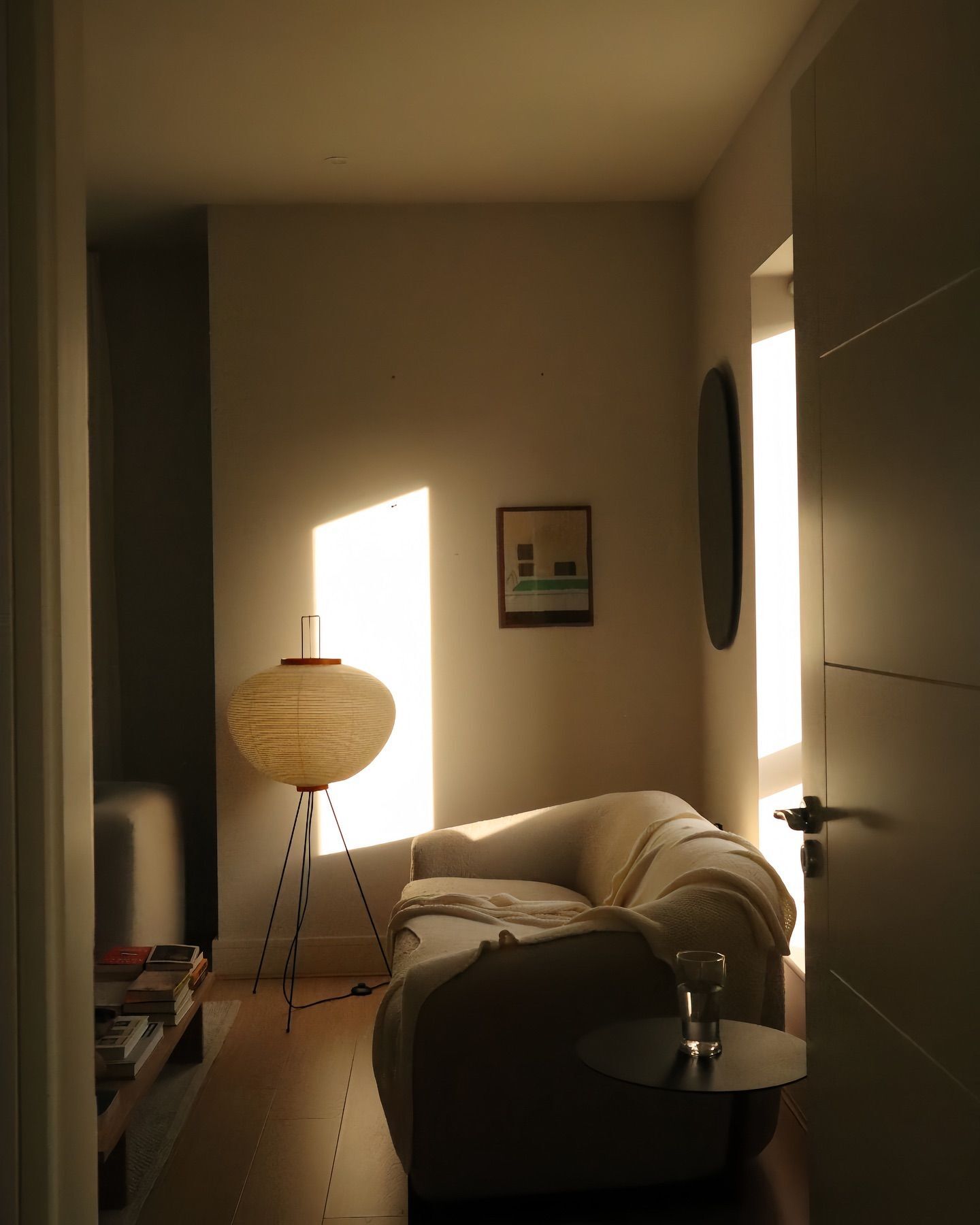Our showrooms will be closed from 24 to 28 Dec and from 31 Dec to 6 Jan. We will be open on 29 and 30 Dec.
Best Wishes for this Holiday Season!
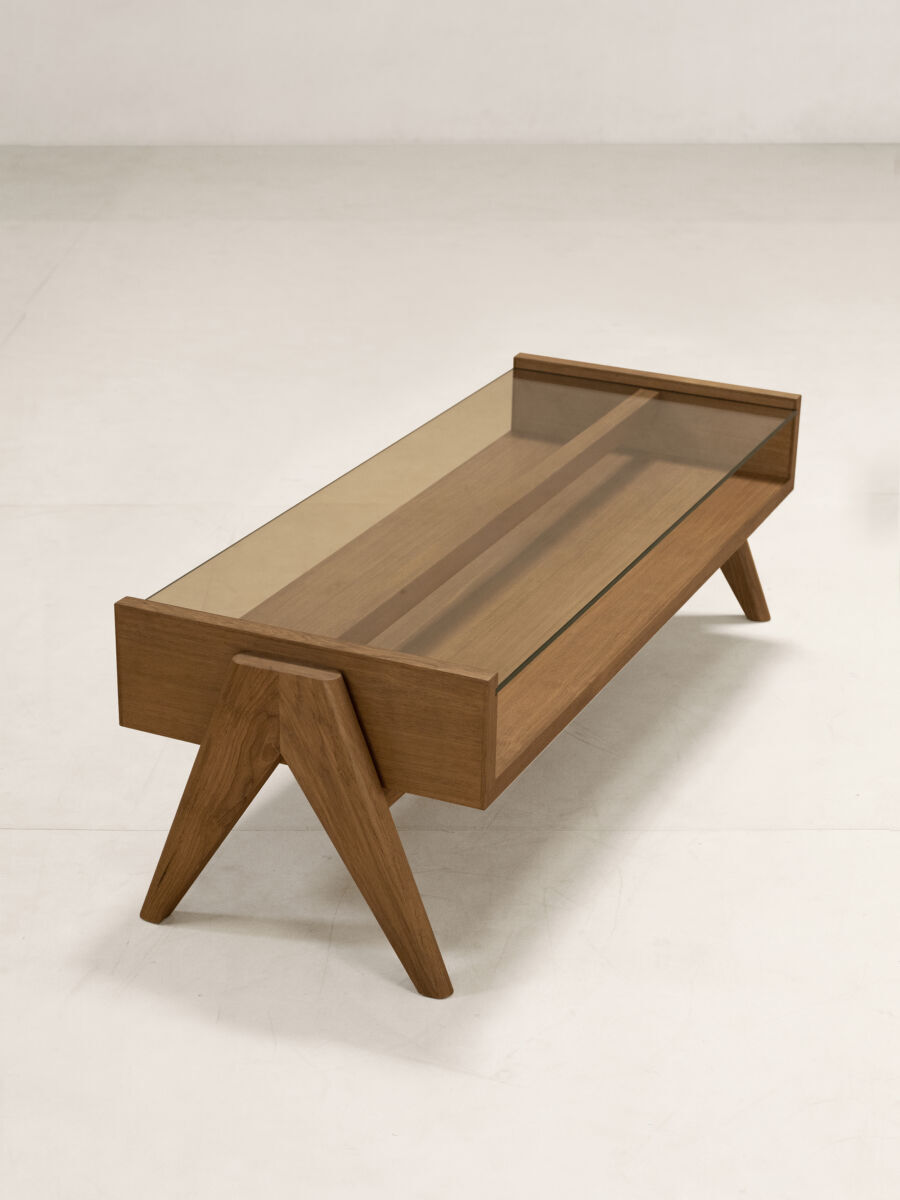
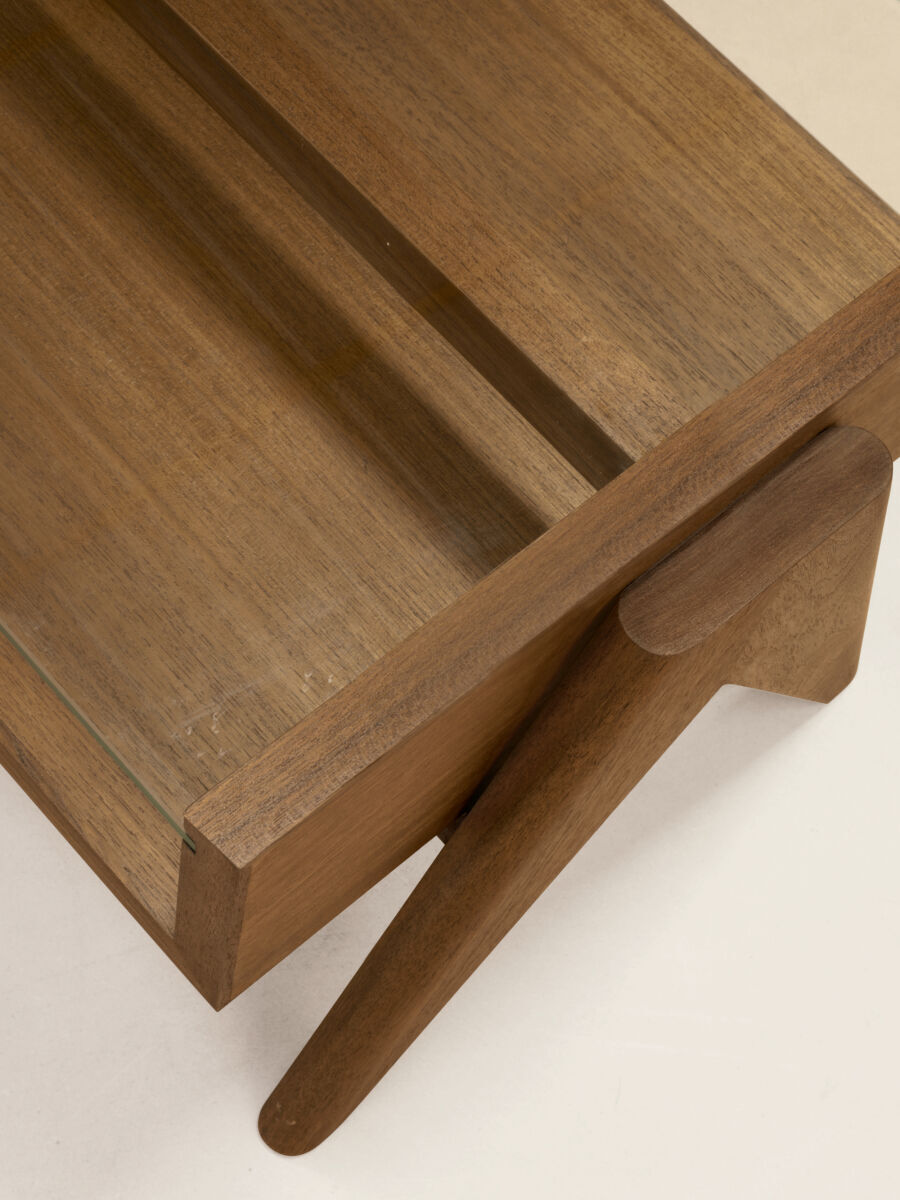
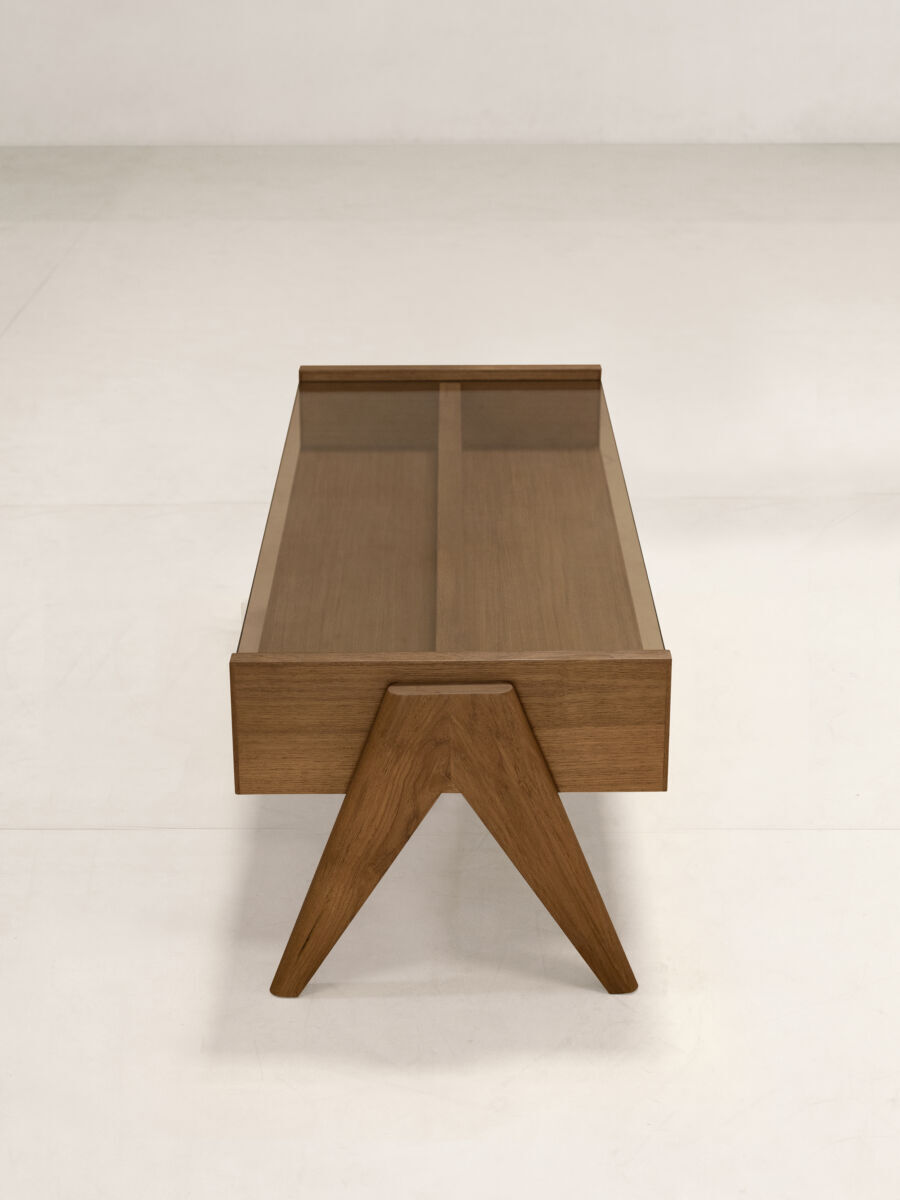
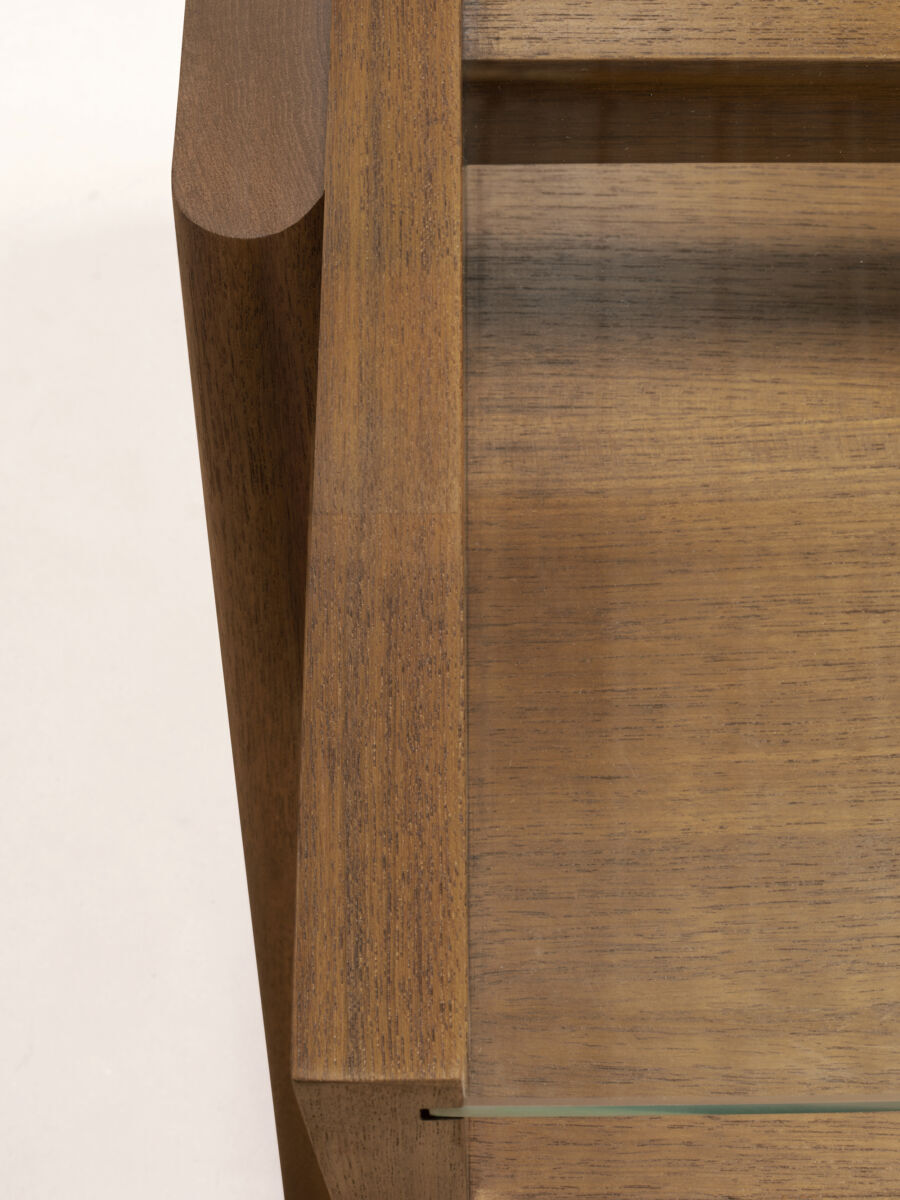
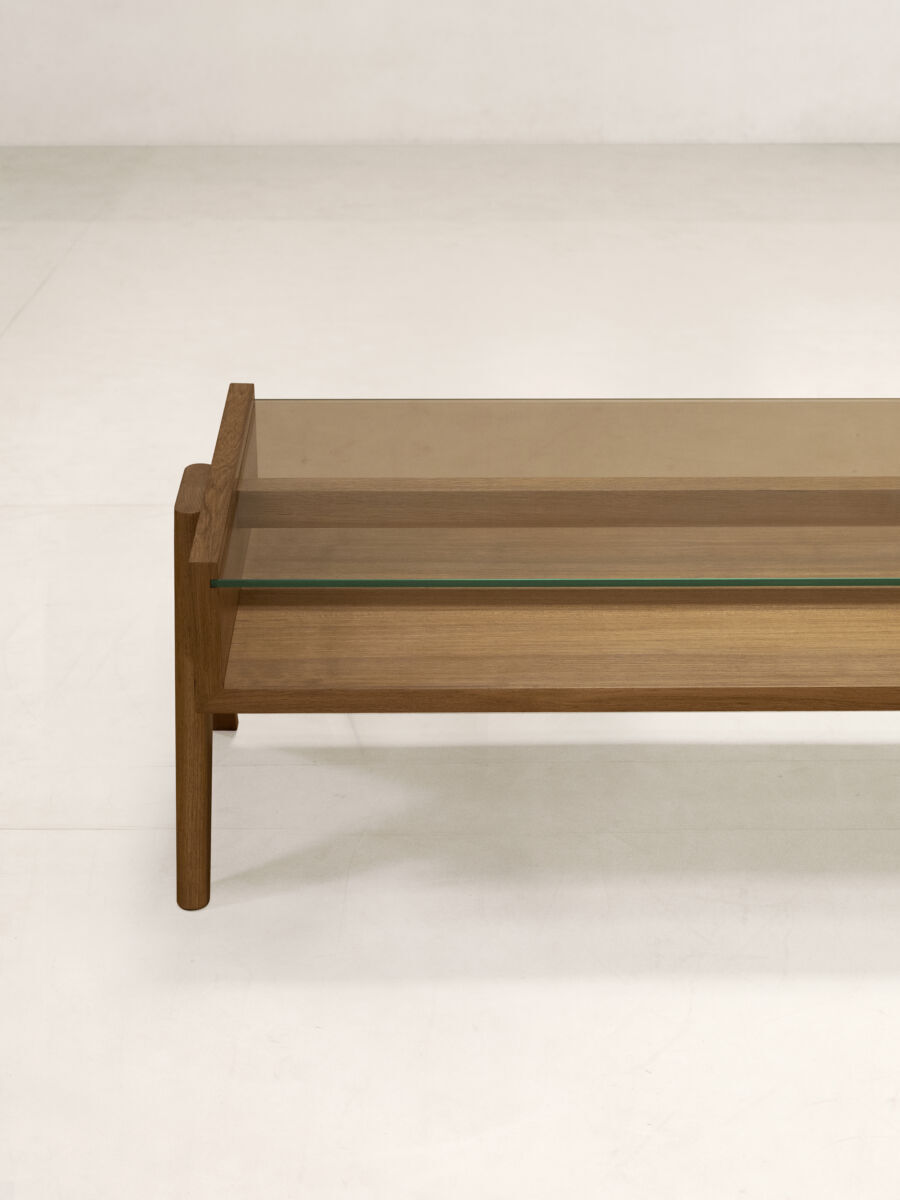
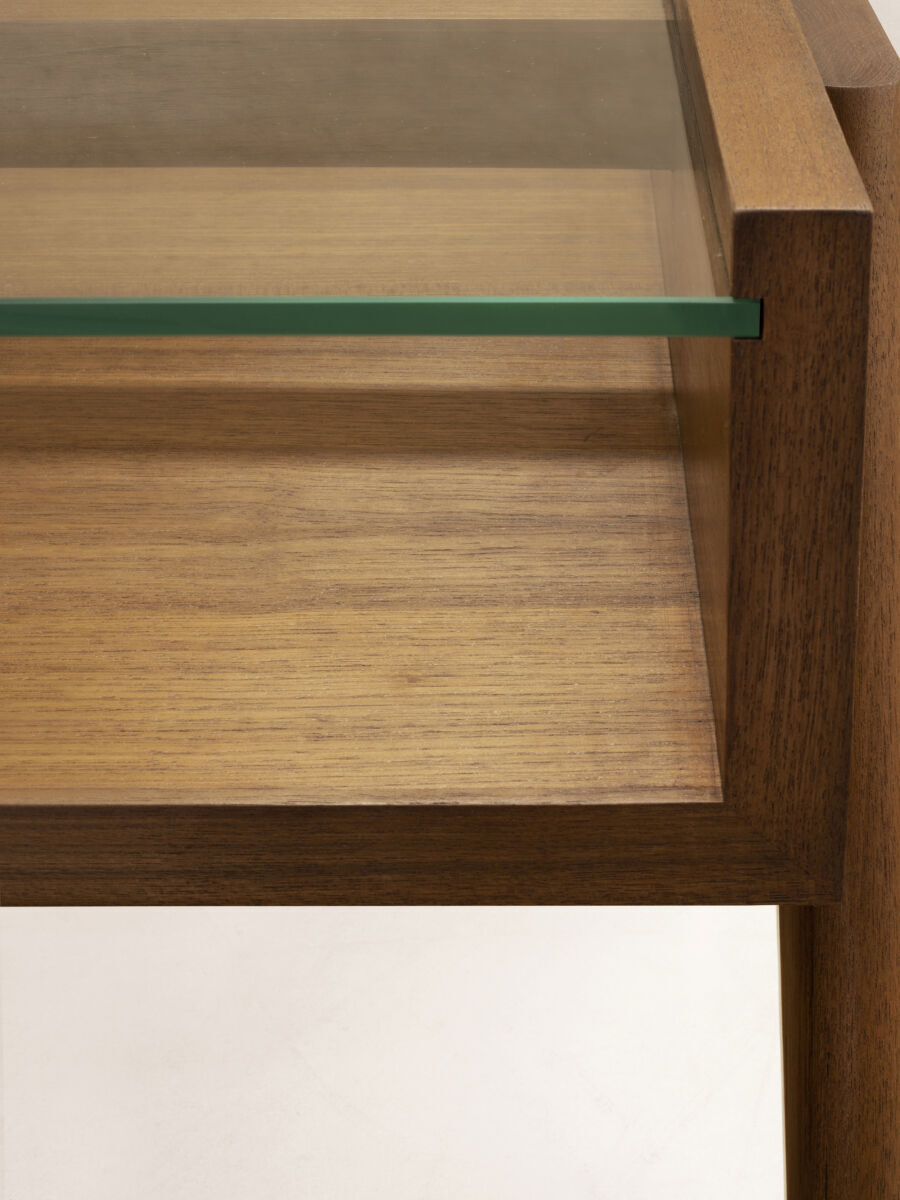






Coffee Table - Glass Top
Category
Coffee tables
Brand
Designer
Dimensions
L 122 cm - P 46 cm - H 38 cm
Finiture
Teak, Crystal
Year
1960
The Coffee Table - Glass Top is a re-edition of a 1960s table, designed for public buildings in Chandigarh. The U-shaped top is made of teak veneer, with visible 45-degree joints between the pieces. The 8mm glass top is supported by a wooden brace and teak brackets. The V-shaped legs, made of solid teak, are rounded along the edges, giving the table an elegant and stable look.
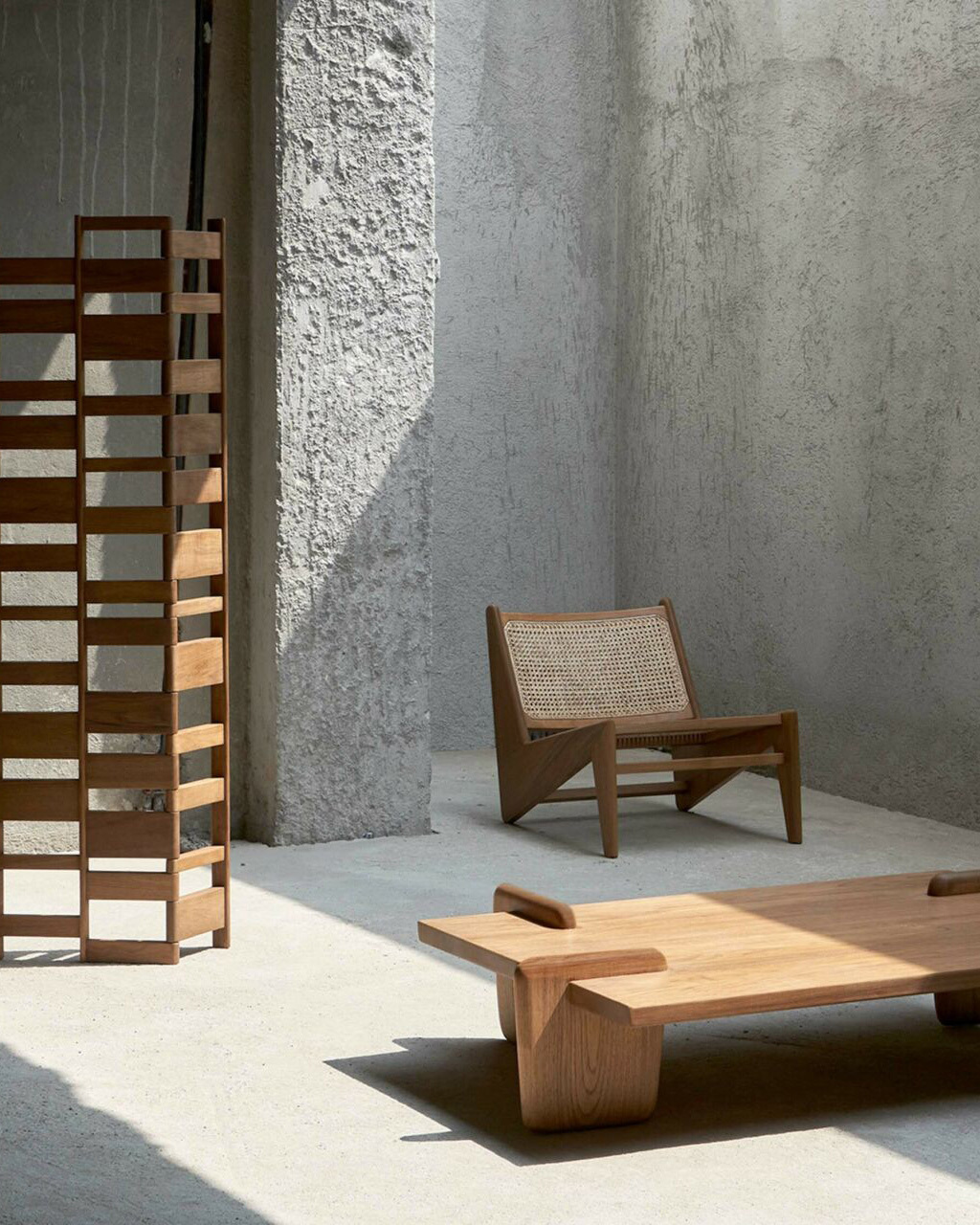
Phantom Hands
Phantom Hands ha sede a Bangalore, in India, e produce mobili contemporanei artigianali e di design. Il brand collabora con designer di mobili e tessuti per creare collezioni che si basano sul patrimonio di artigianato e design indiano. Le loro collezioni comprendono riedizioni di classici del modernismo e oggetti contemporanei. Il nome "Phantom Hands" è un omaggio all'eredità degli artigiani del passato, i il cui contributo si manifesta in ogni mobile che viene prodotto. Dopo aver riflettuto a lungo e aver indagato sulle rivendicazioni di paternità e sui diritti d'autore, i fondatori Aparna e Deepak hanno fatto il grande passo e hanno aperto un piccolo laboratorio a Bangalore per la produzione di mobili artigianali. La prima collezione di mobili di Phantom Hands, Project Chandigarh, è stata lanciata nel maggio 2015.
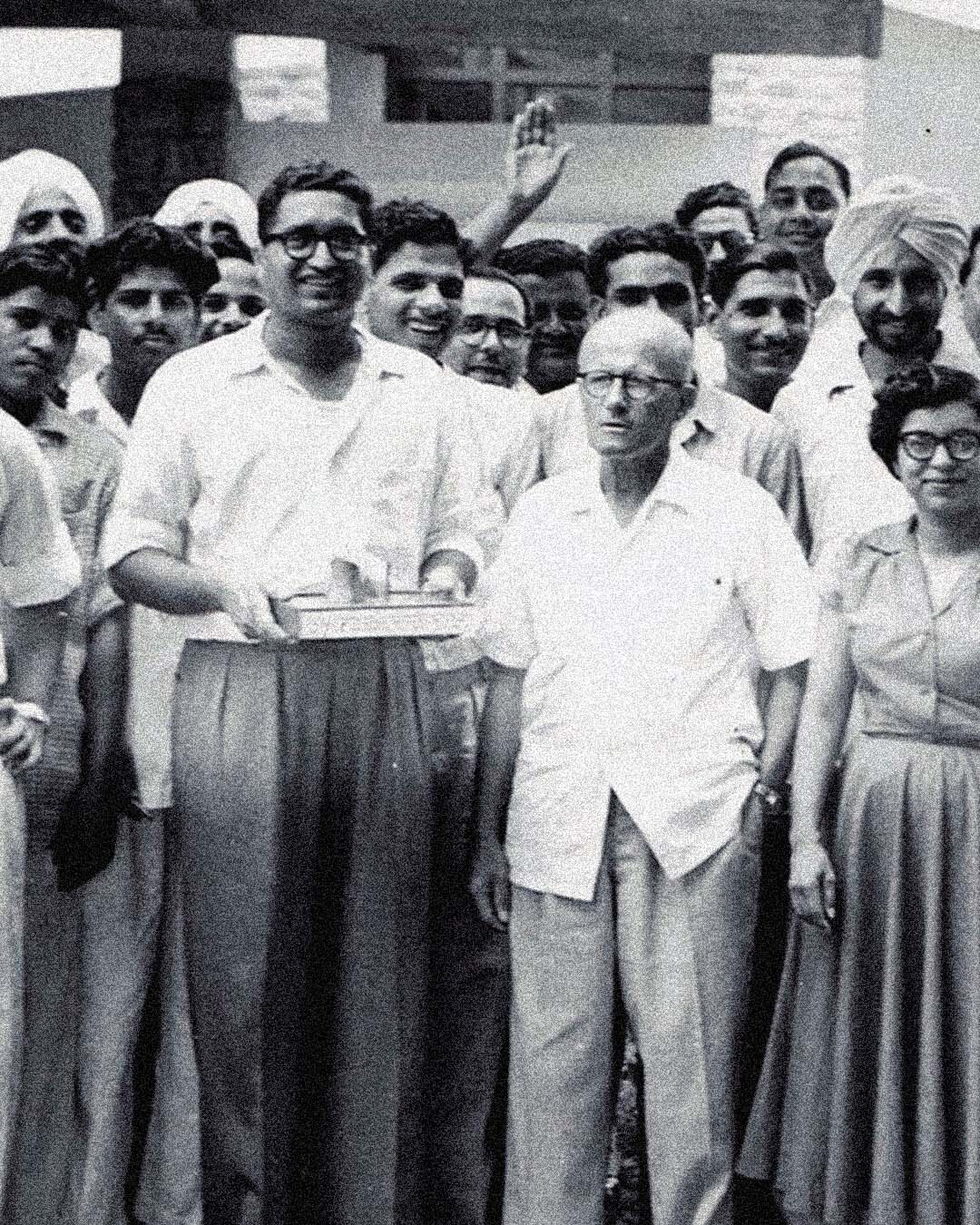
Chandigarh Collective
The Chandigarh Collective refers to the group of architects, designers, model makers and craftsmen who, in the 1950s, contributed to the design and prototyping of furniture for the city of Chandigarh, India. Under the leadership of Pierre Jeanneret, a team of young Indian architects and designers, including A. R. Prabhawalkar, U. E. Chowdhury, B. P. Mathur and Aditya Prakash, worked on the creation of furniture for the public buildings of the new city. These furnishings had to reflect modernist architecture, adapting to local needs and using locally available materials and craftsmanship.
Results for:
No Results
Discover the selection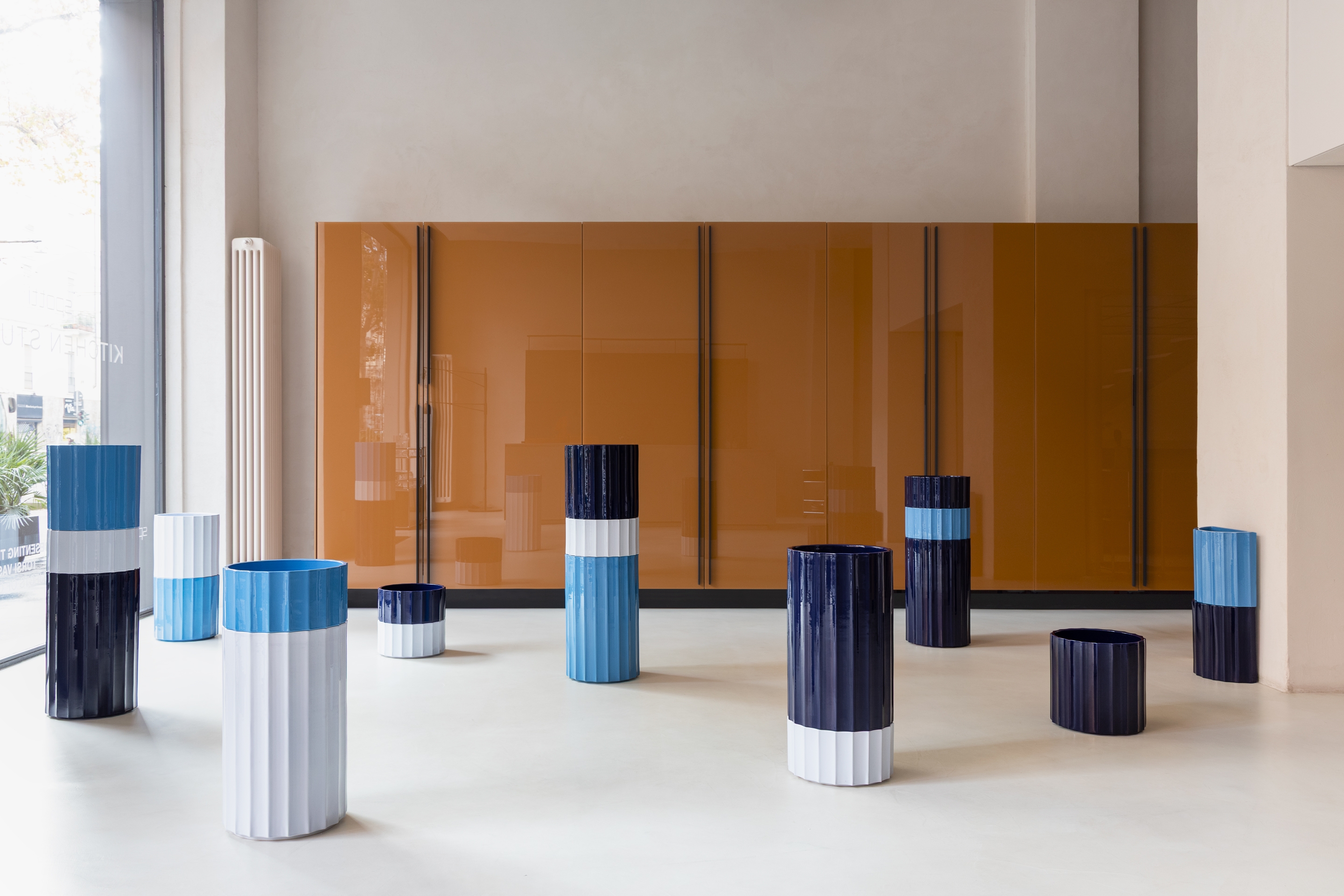
Torsi
Bitossi Ceramiche
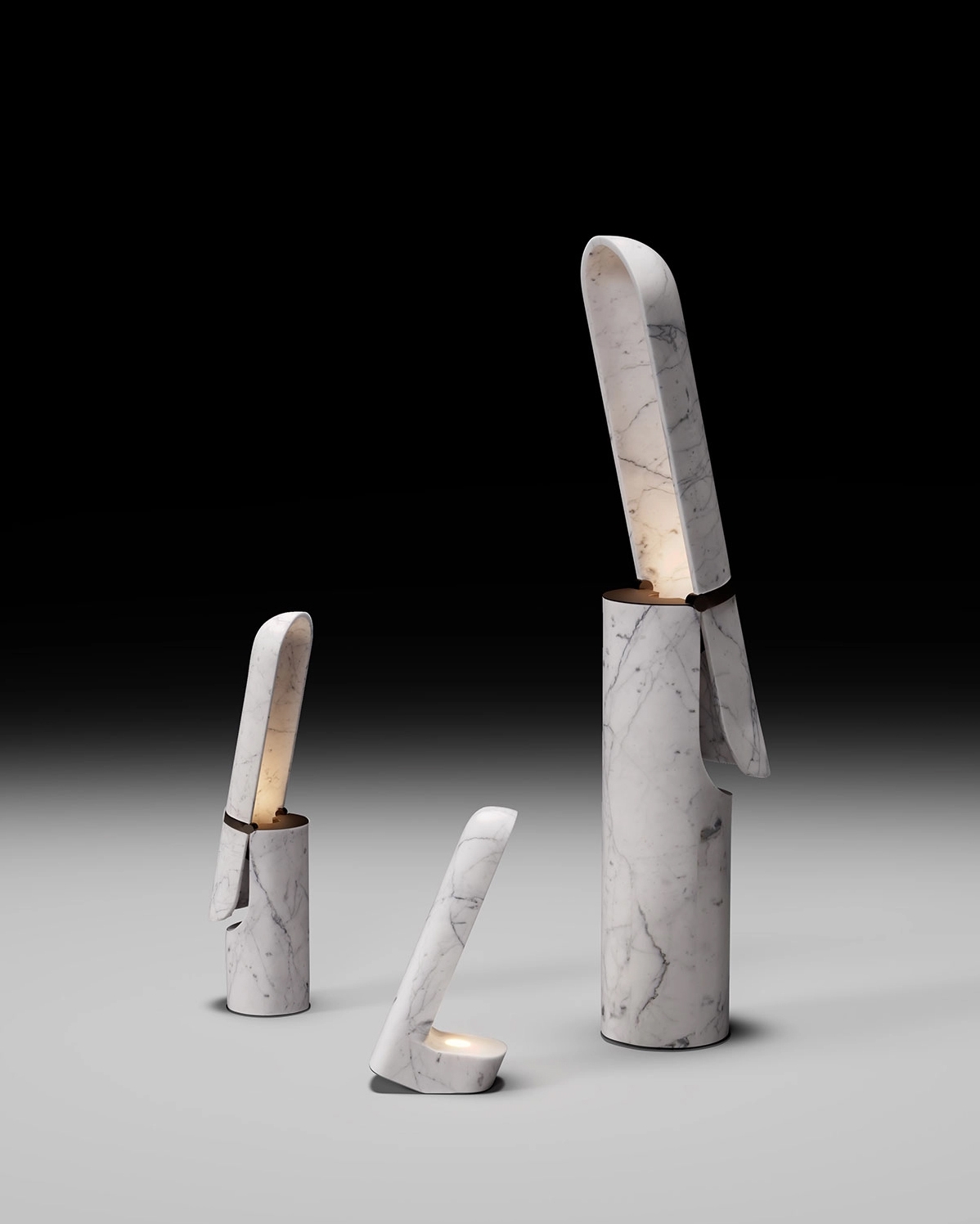
Révérence
Neutra
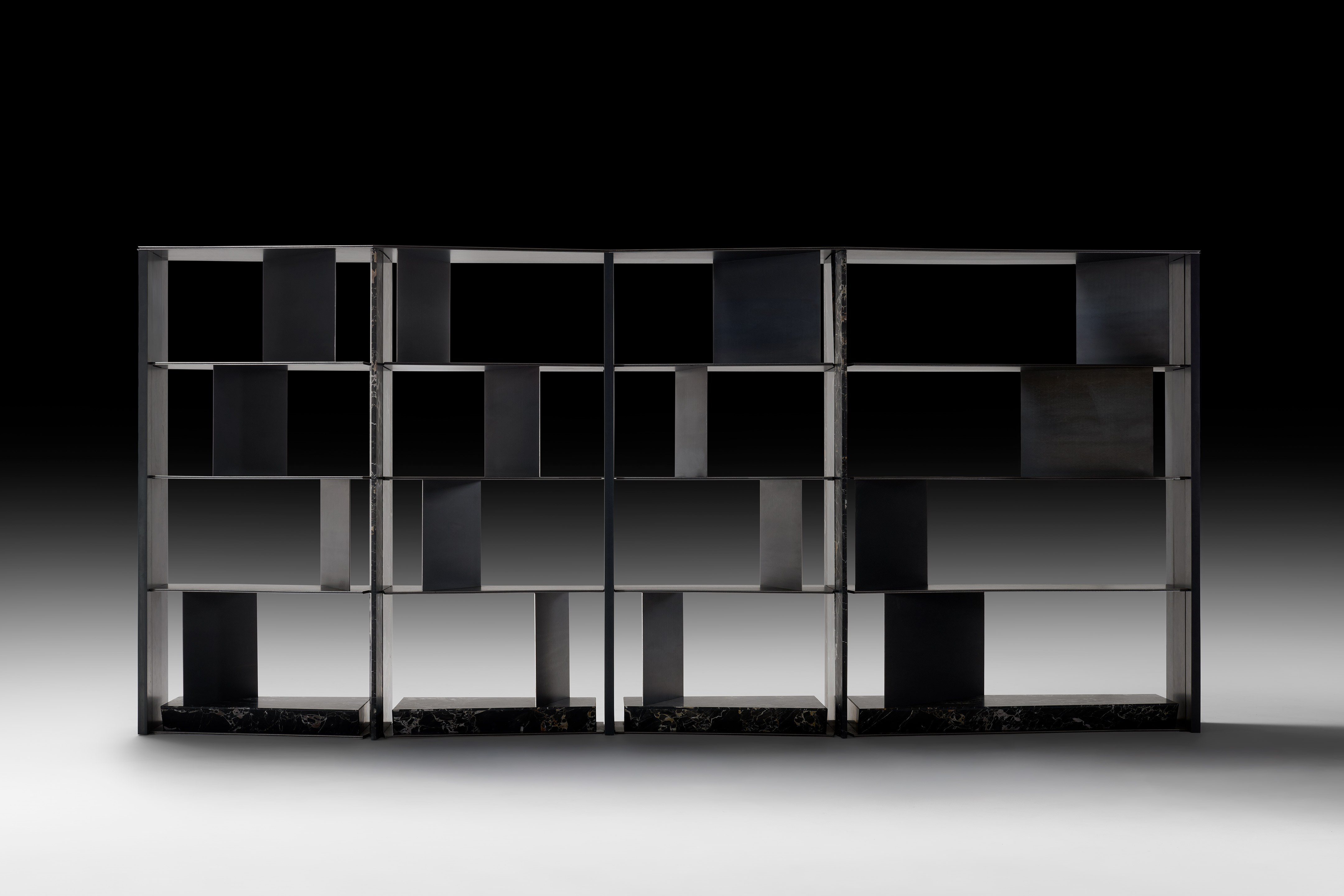
Pagina
Neutra
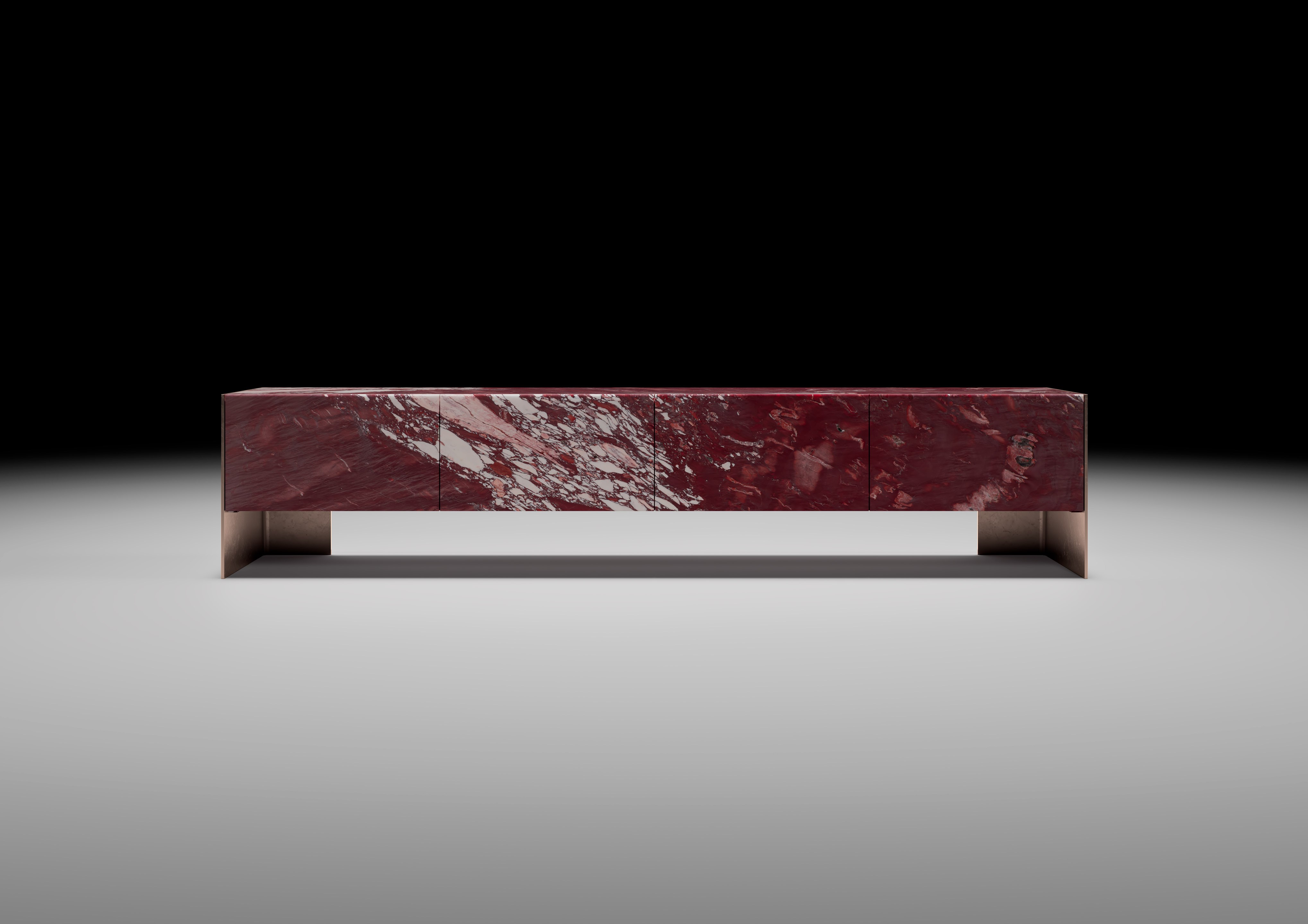
Onis
Neutra
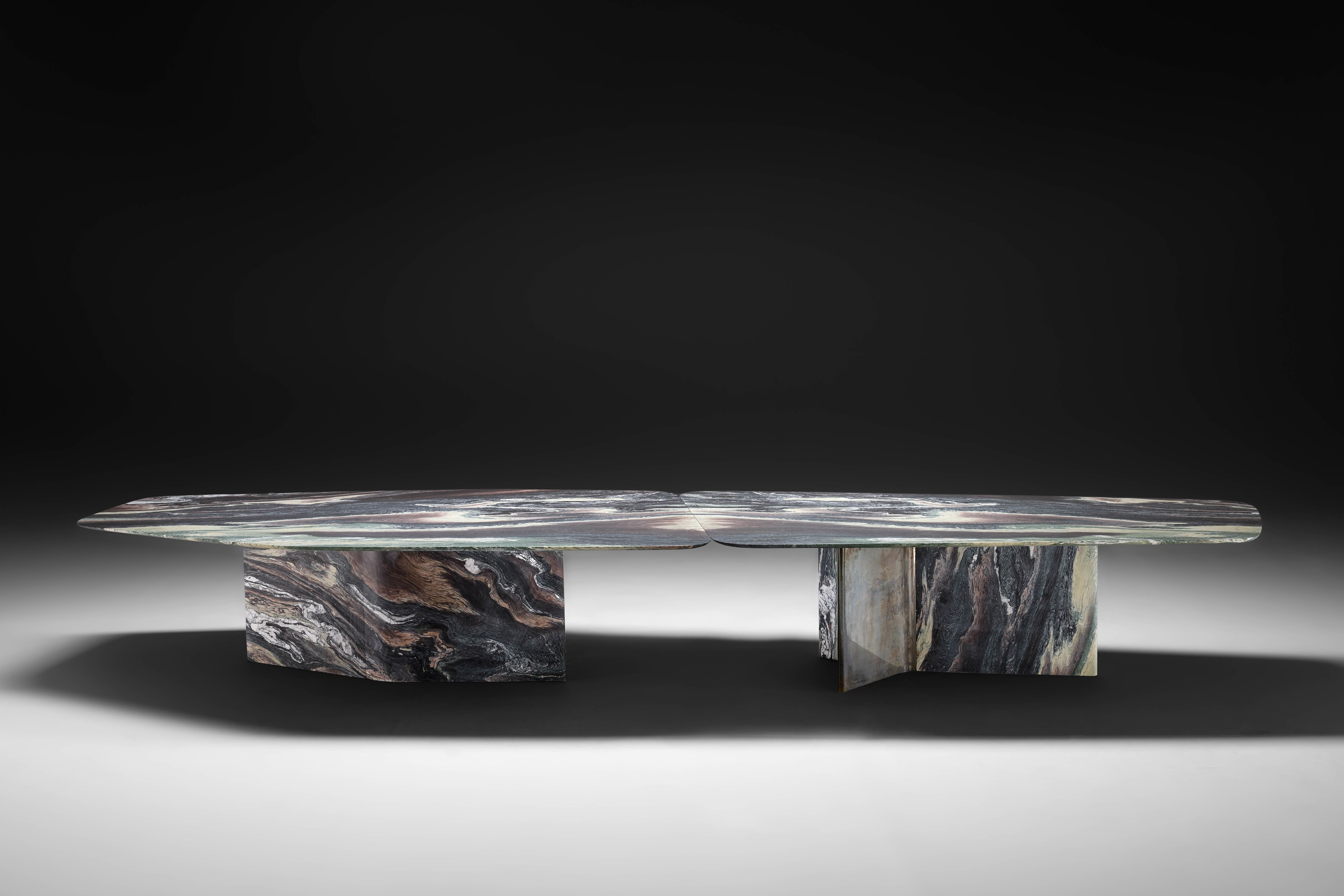
Islas
Neutra
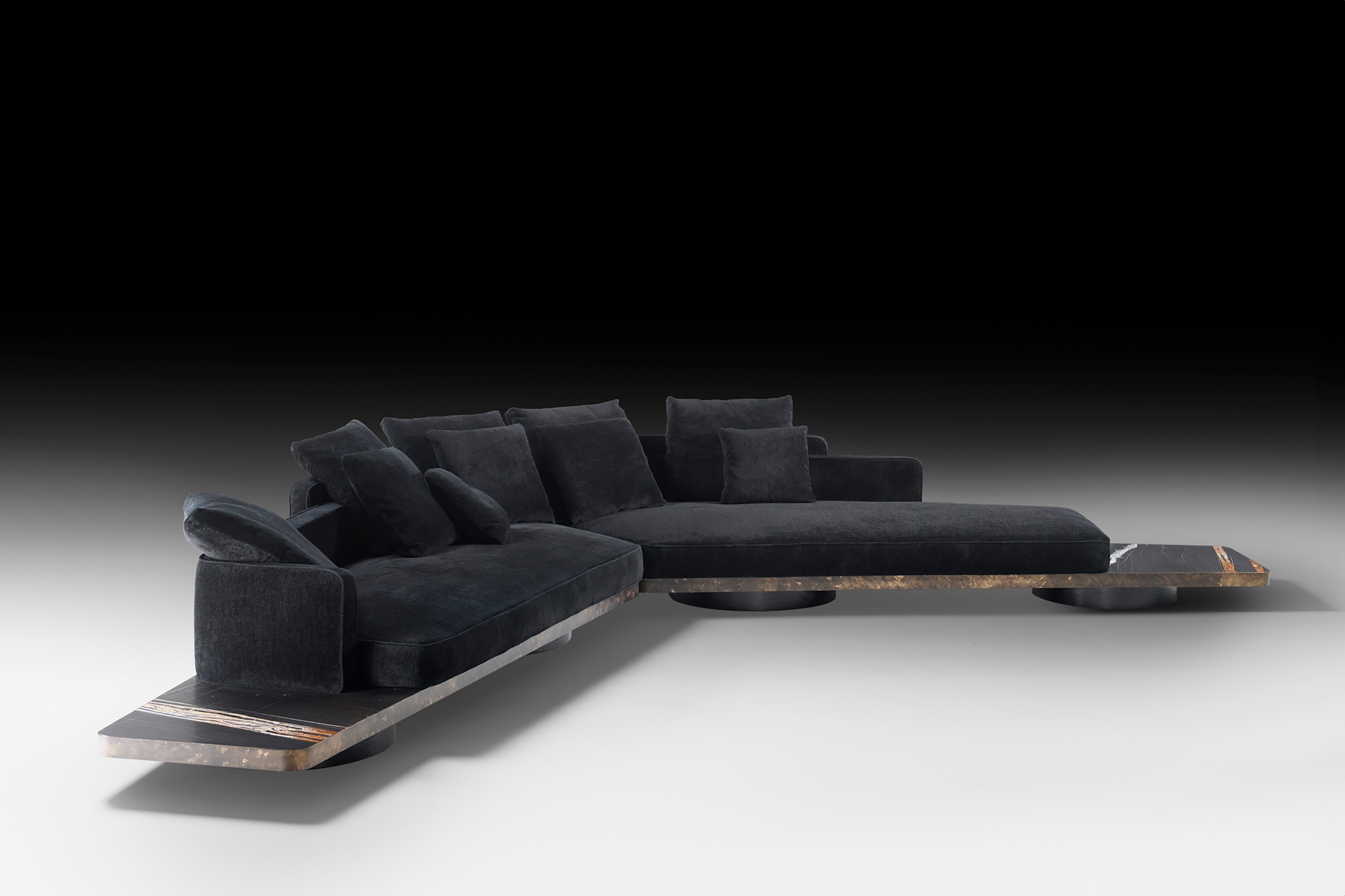
Ordos
Neutra
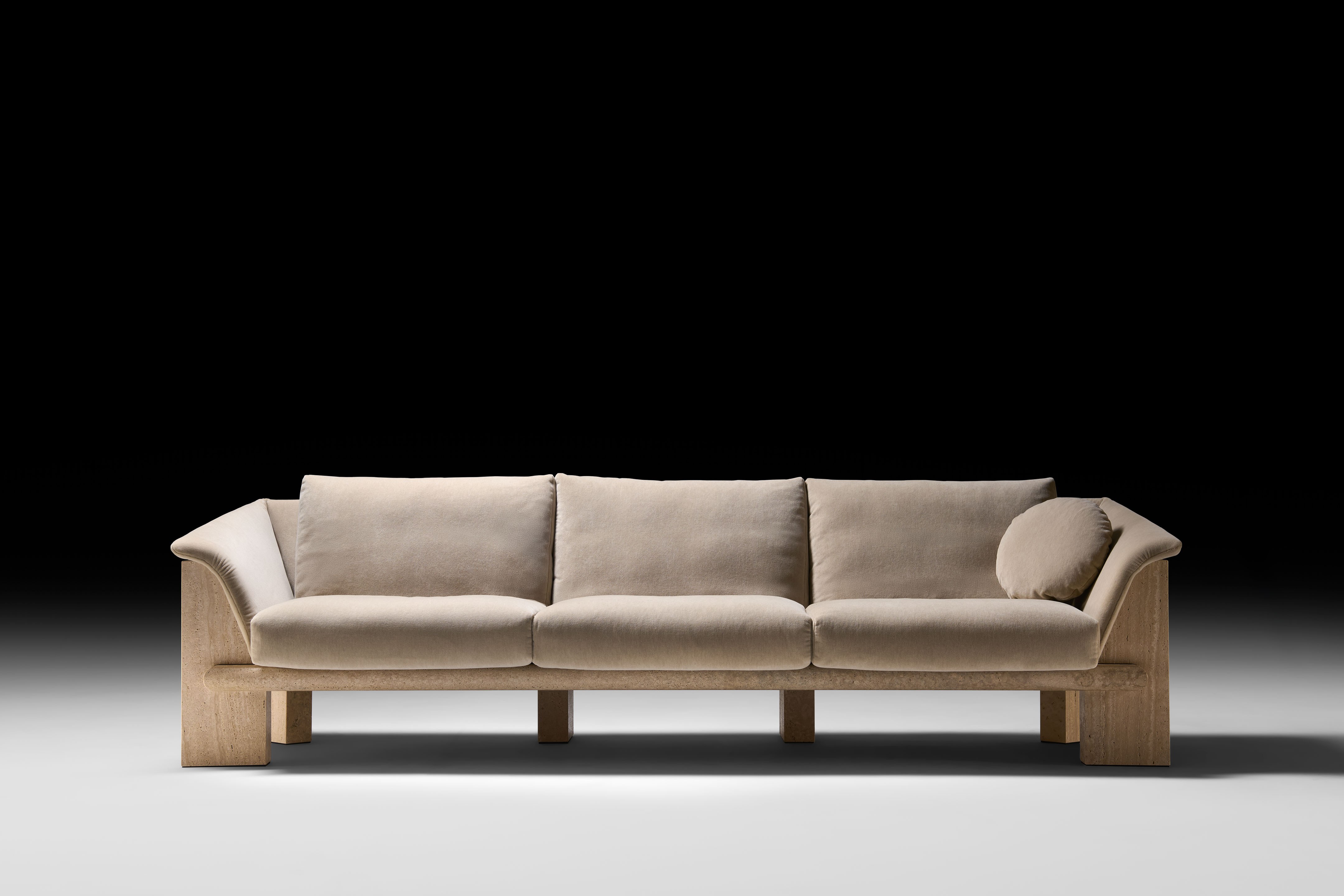
La Grande Muraglia
Neutra
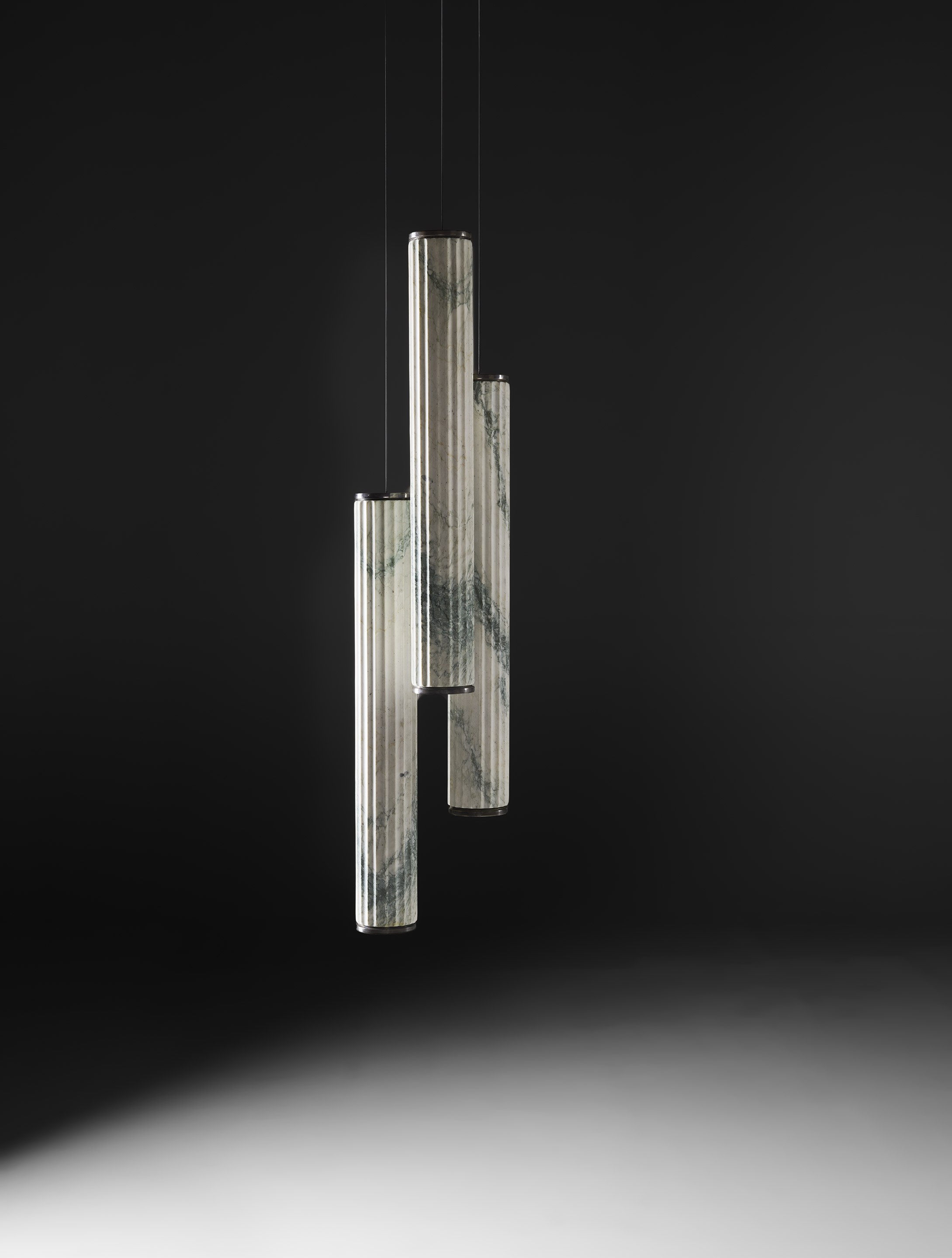
Eos
Neutra
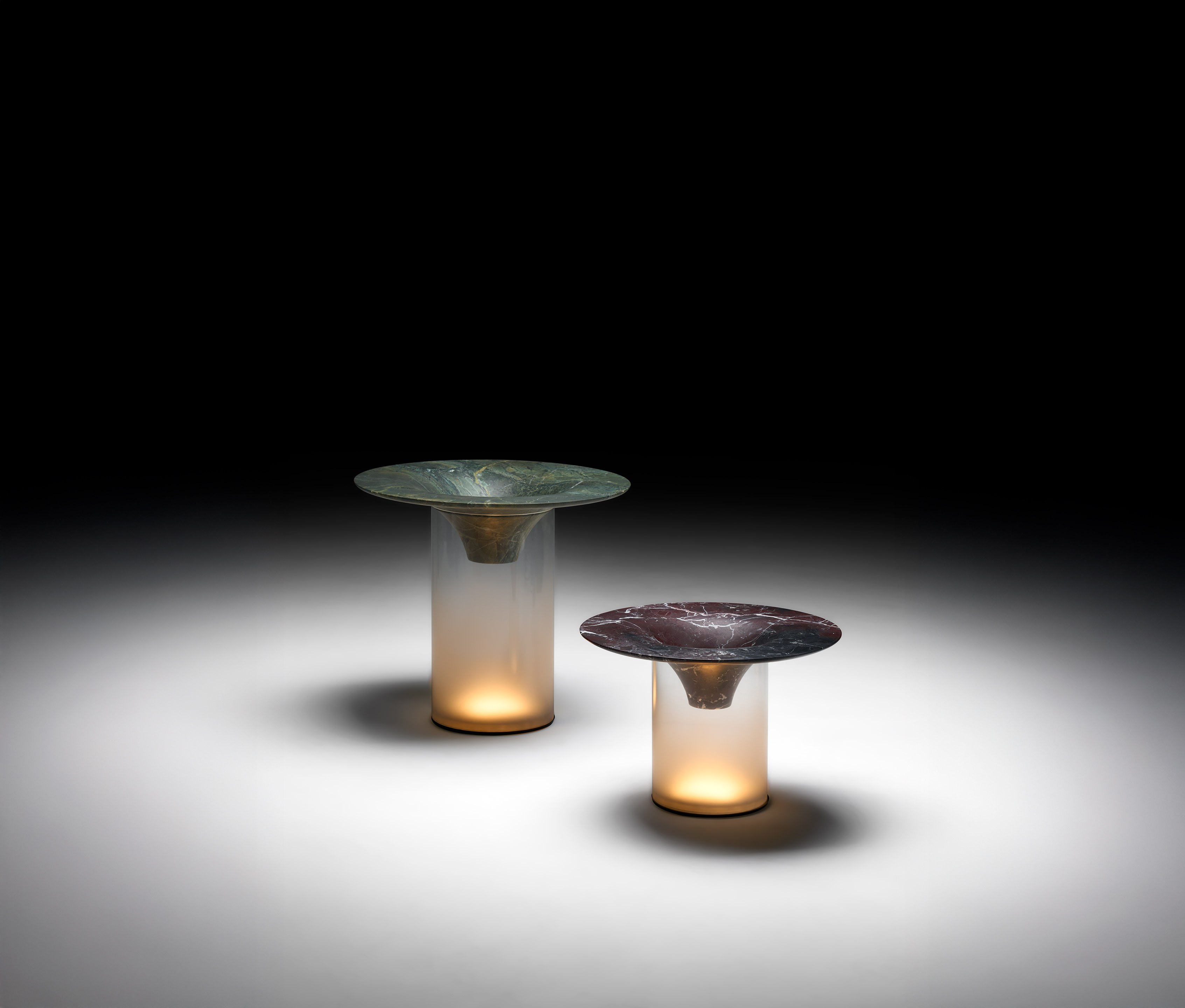
Strobilo
Neutra
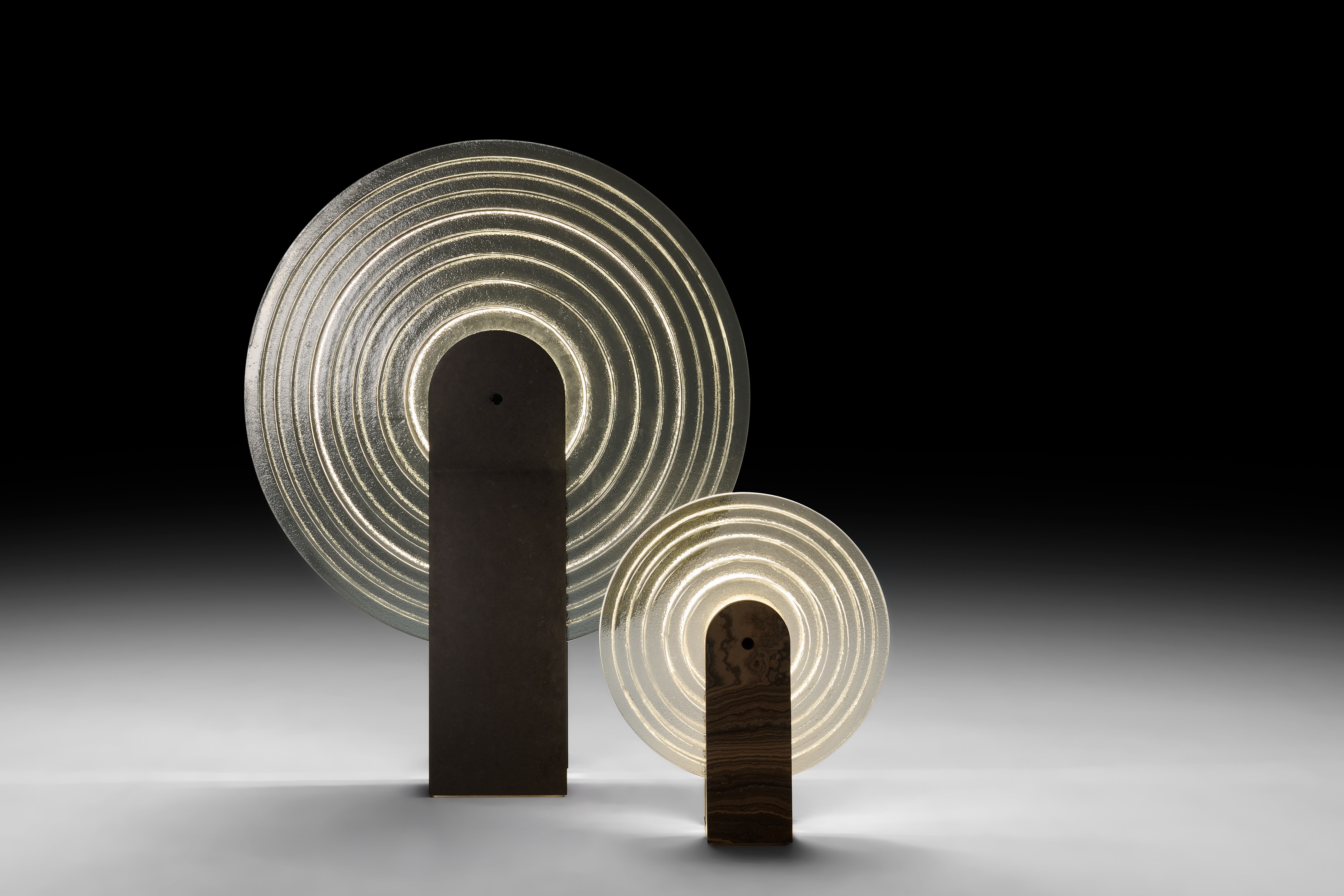
Lente
Neutra
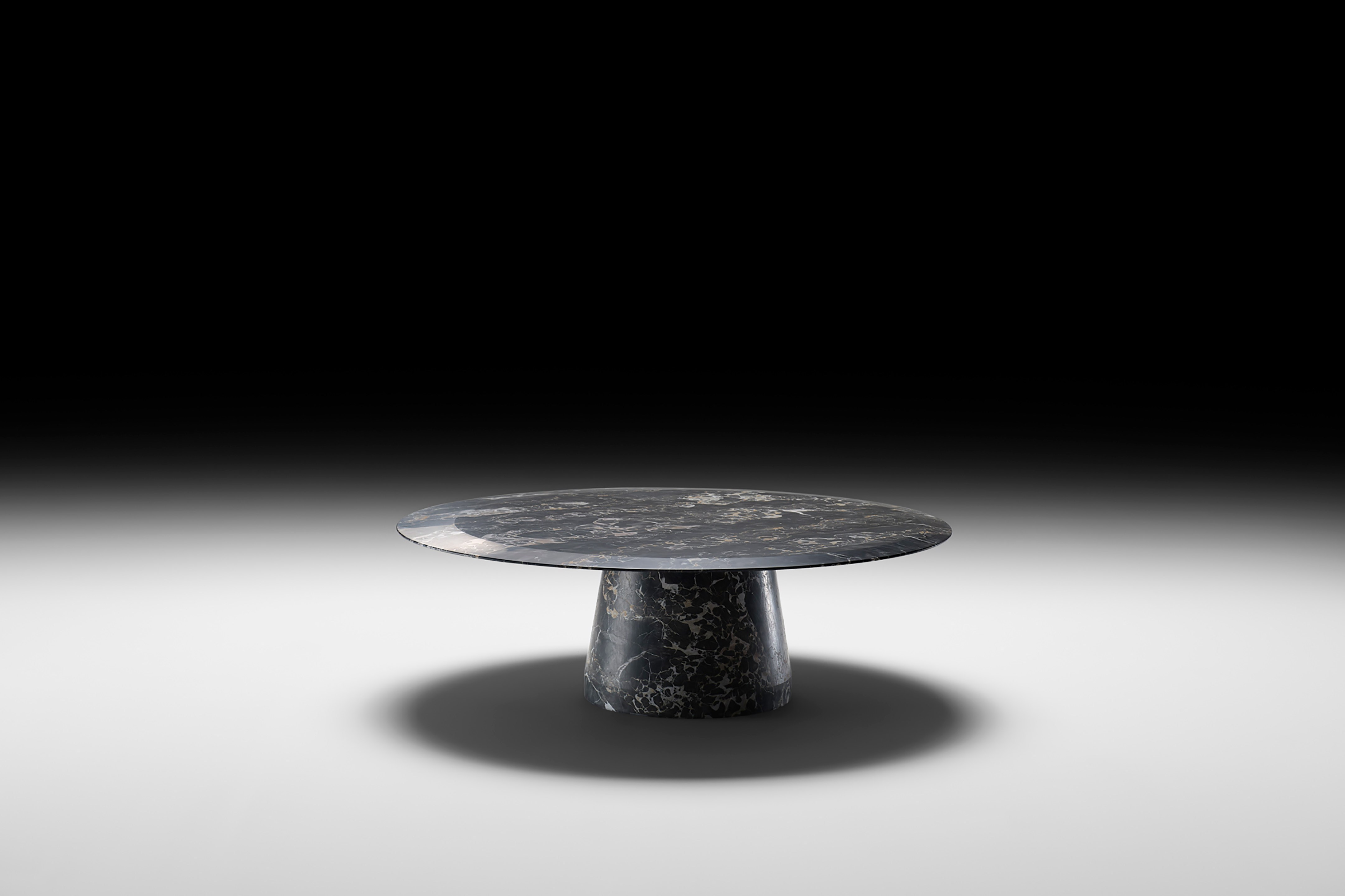
Coronae
Neutra
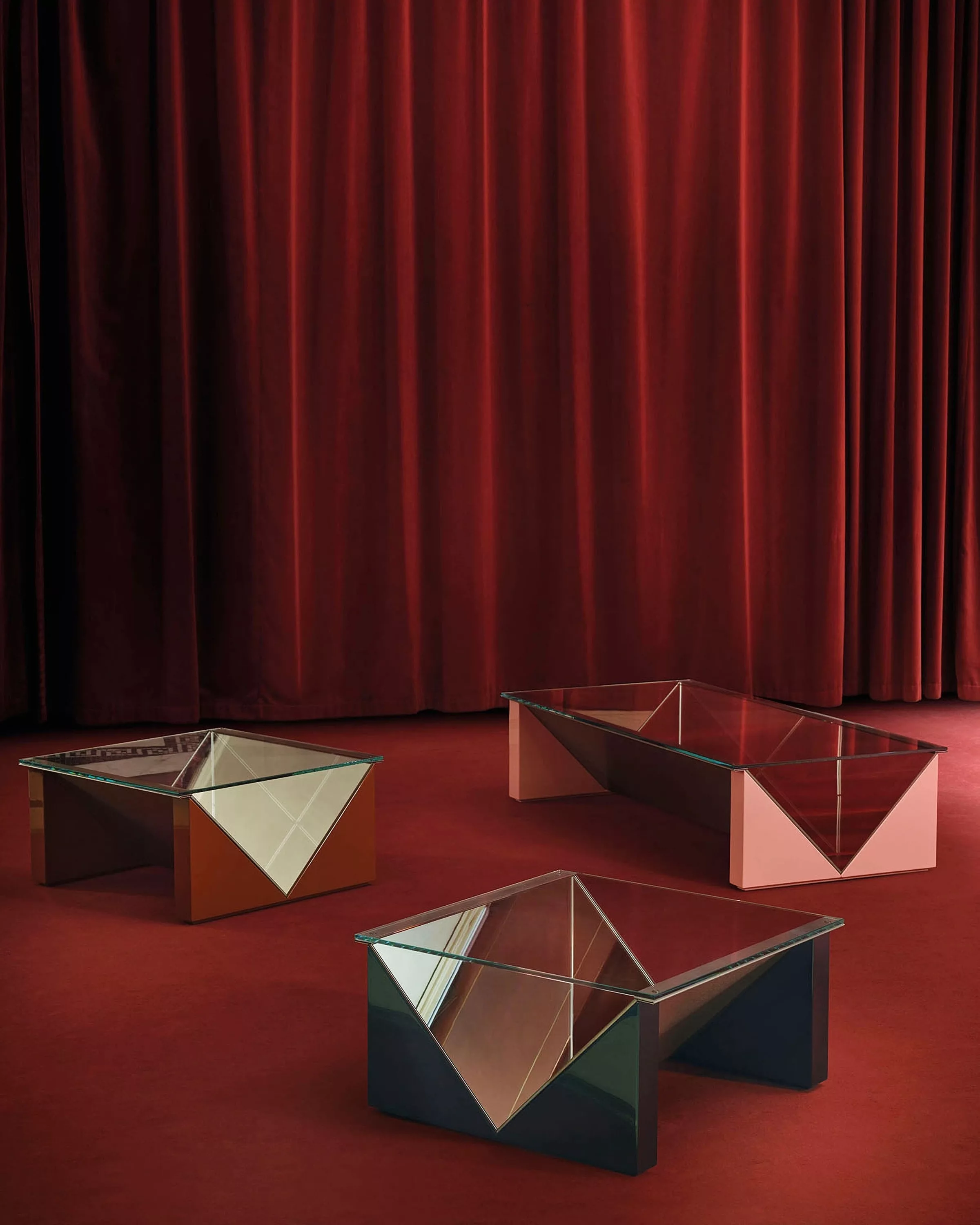
Napoleone
Acerbis
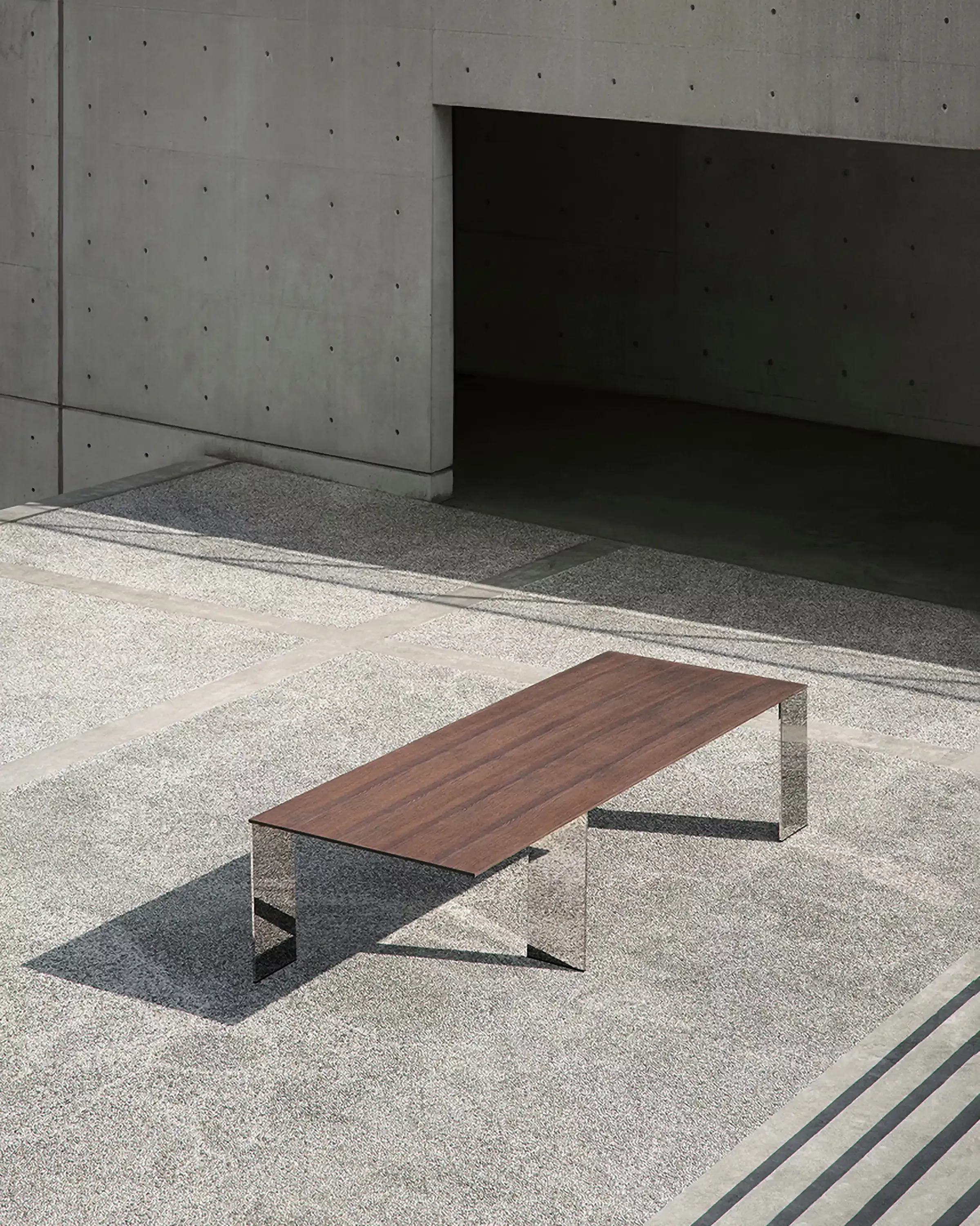
Axis
Acerbis
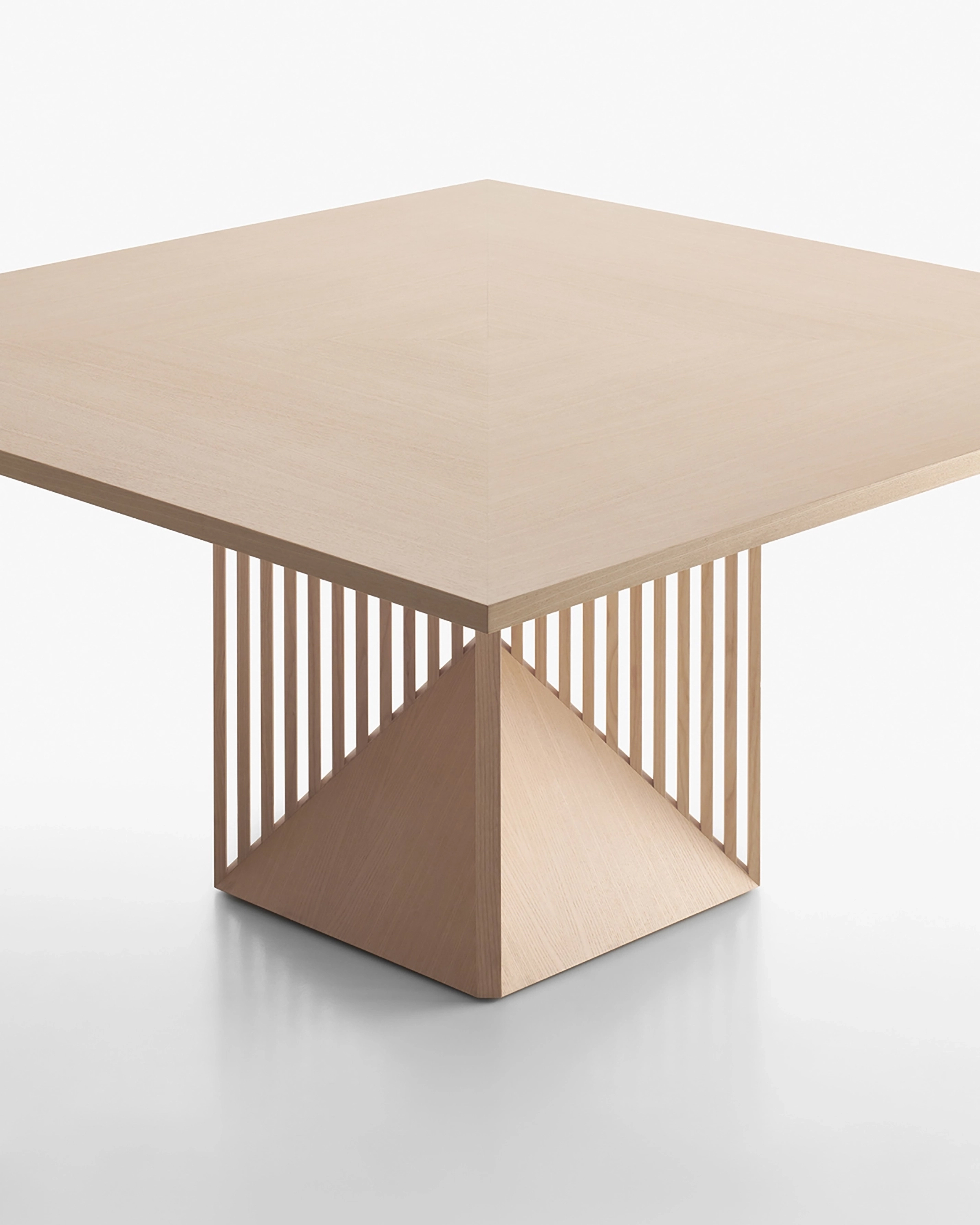
Maestro
Acerbis
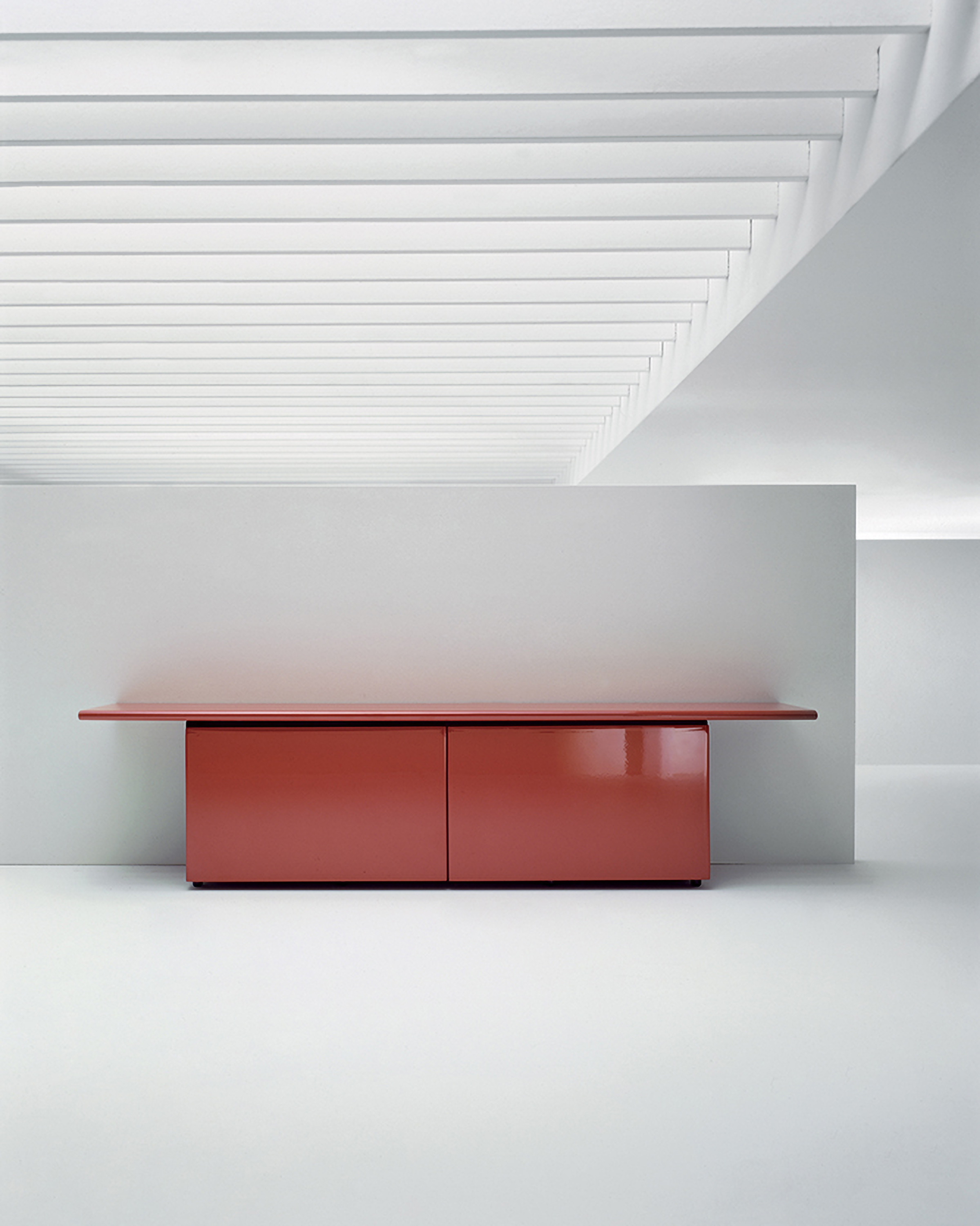
Sheraton
Acerbis
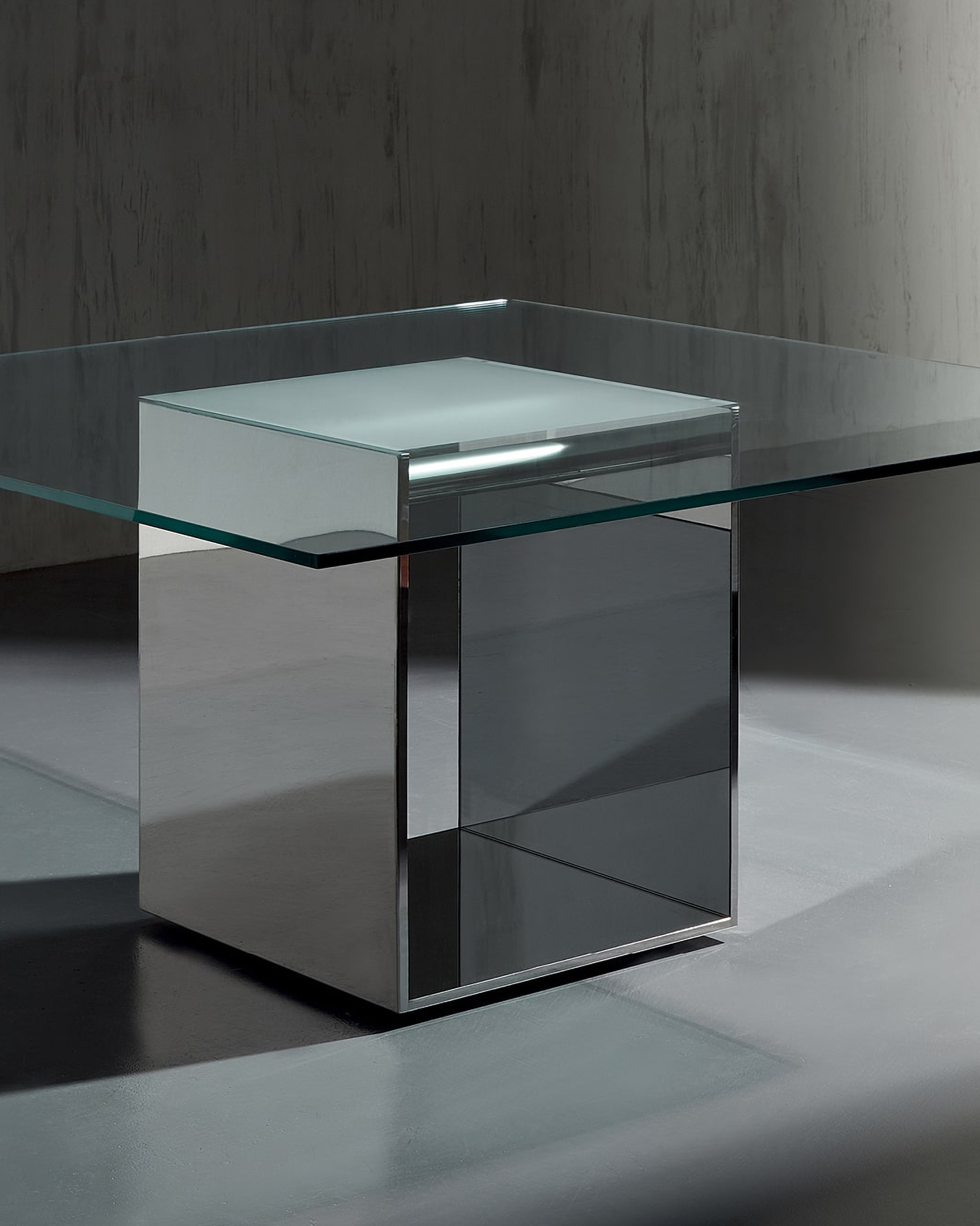
Glimm
Acerbis
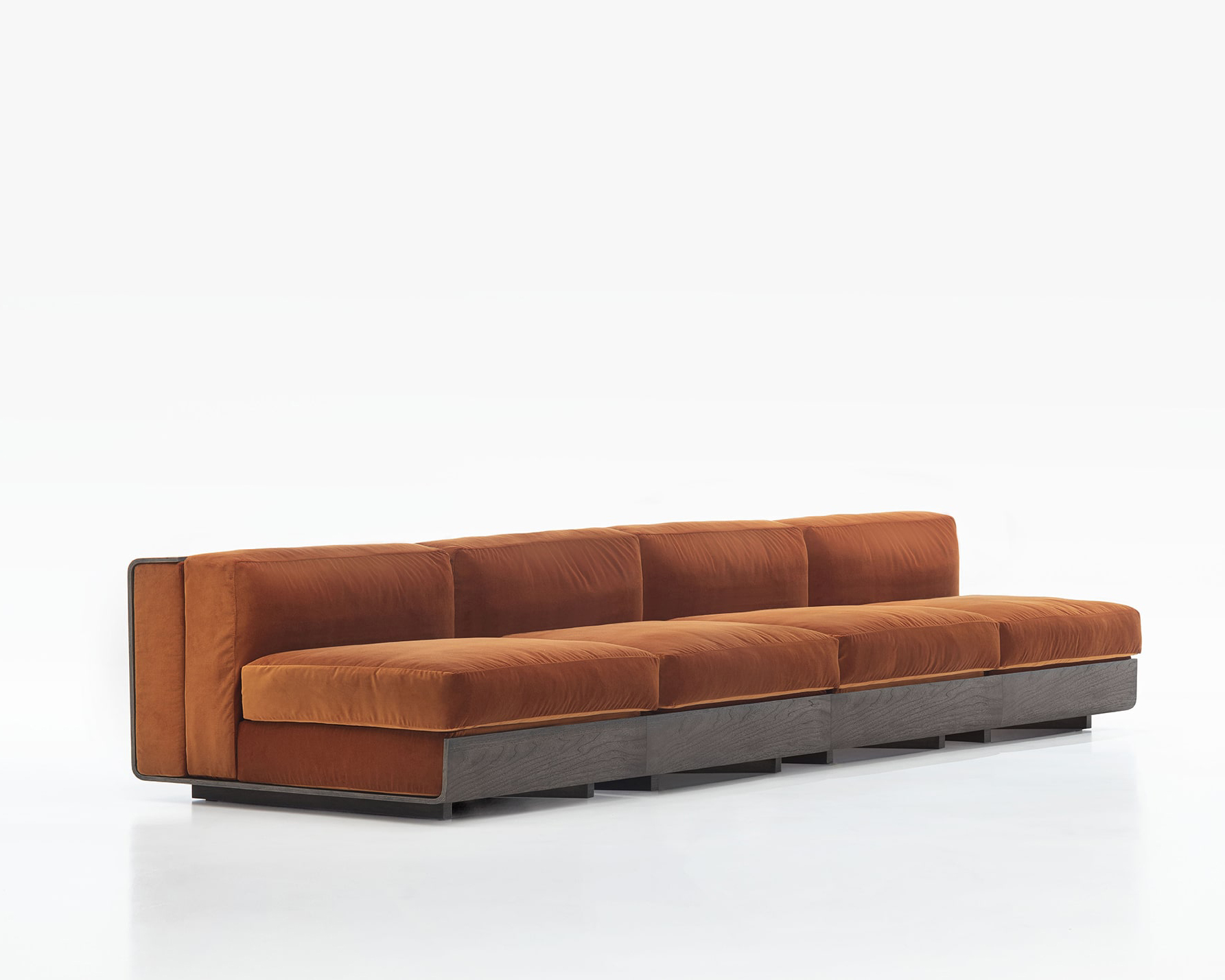
Life
Acerbis
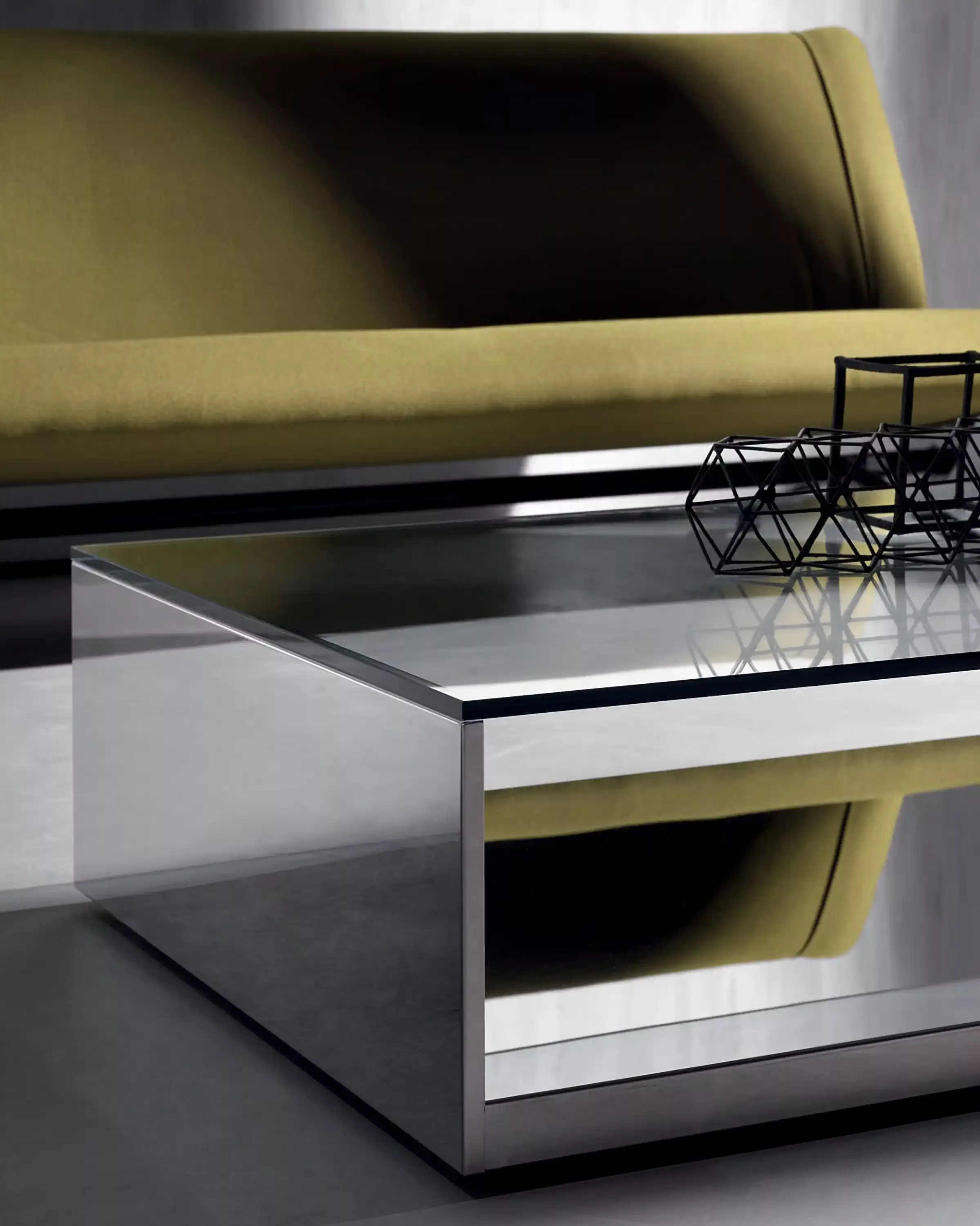
Litt
Acerbis
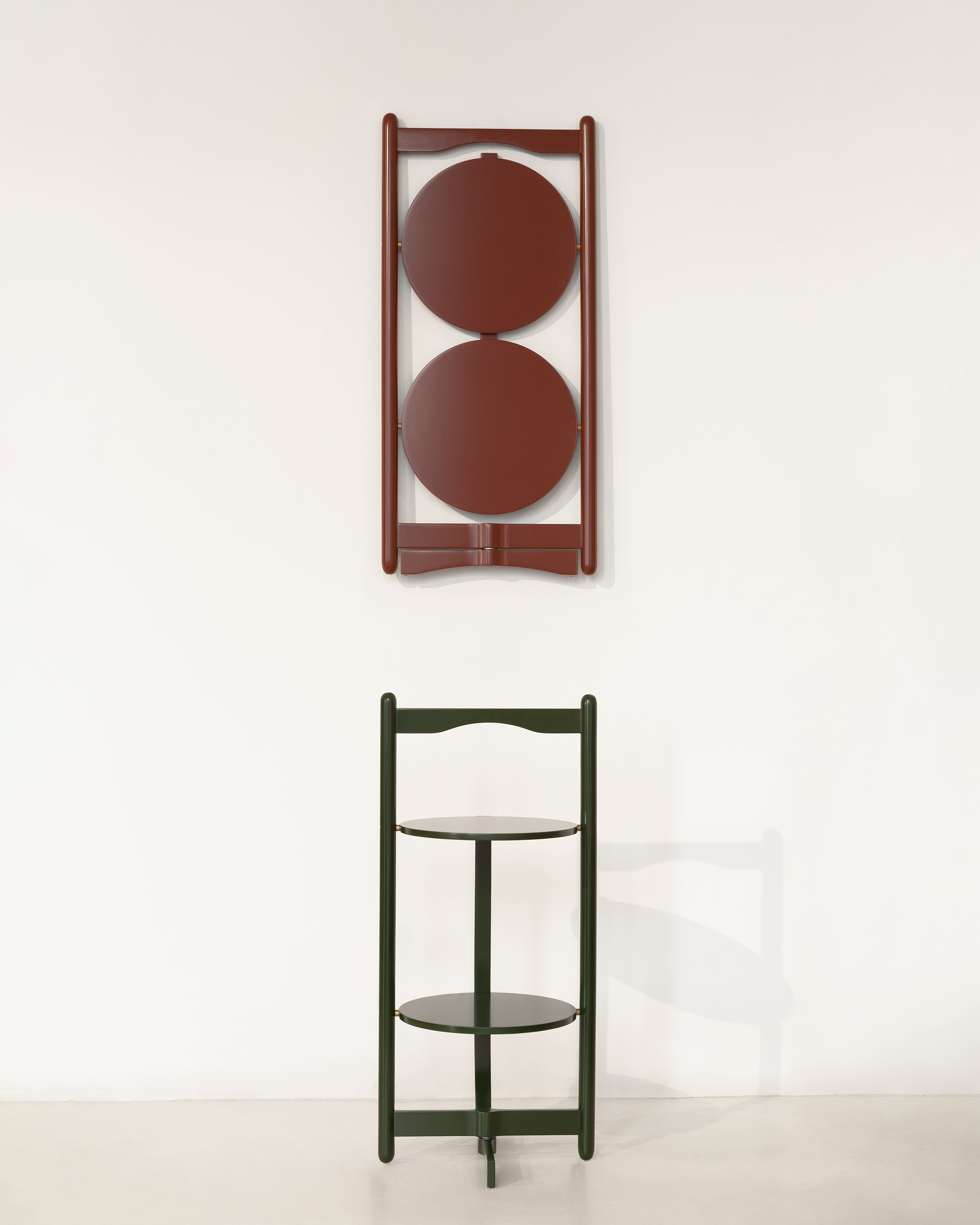
Florian
Acerbis
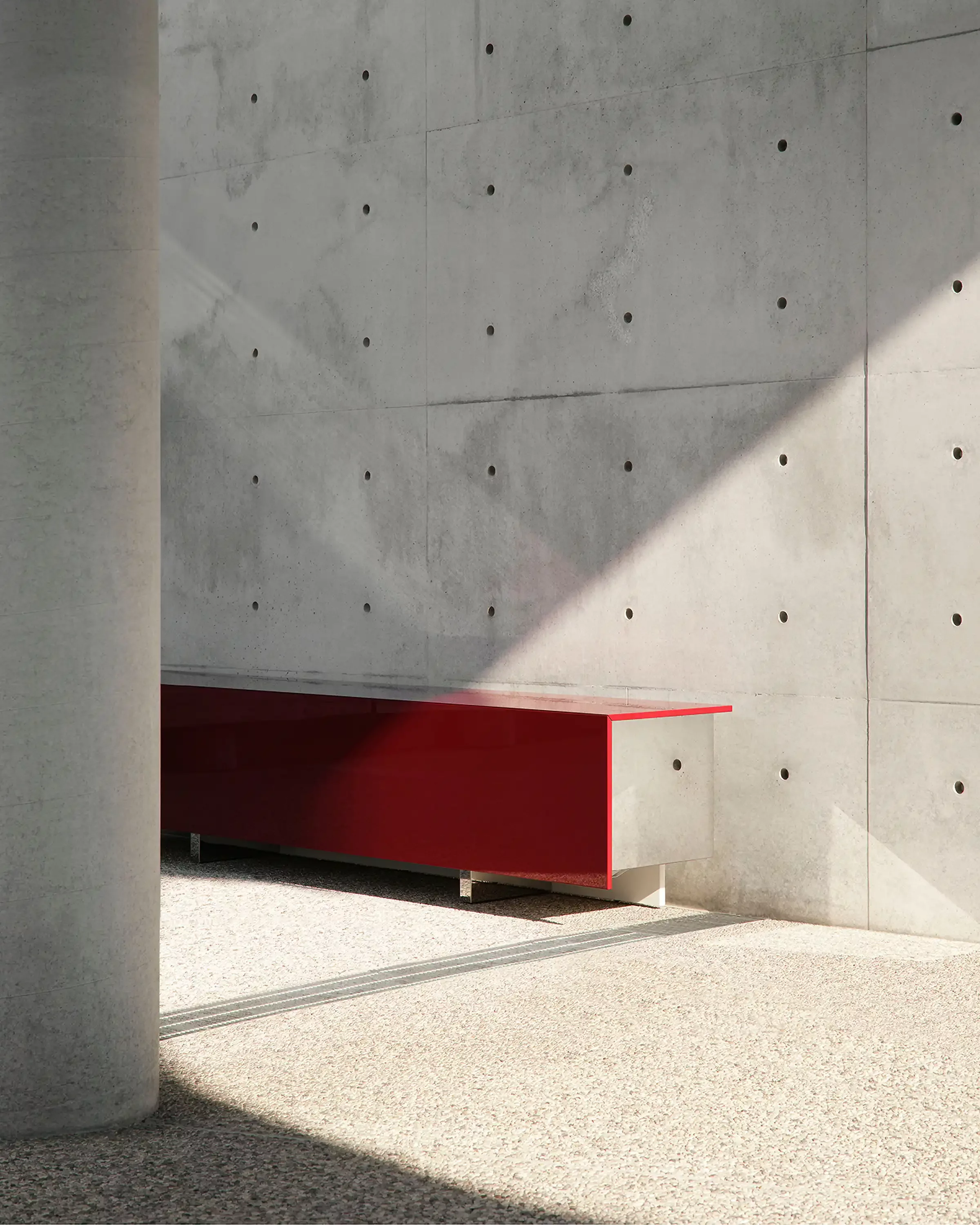
Ludwig
Acerbis
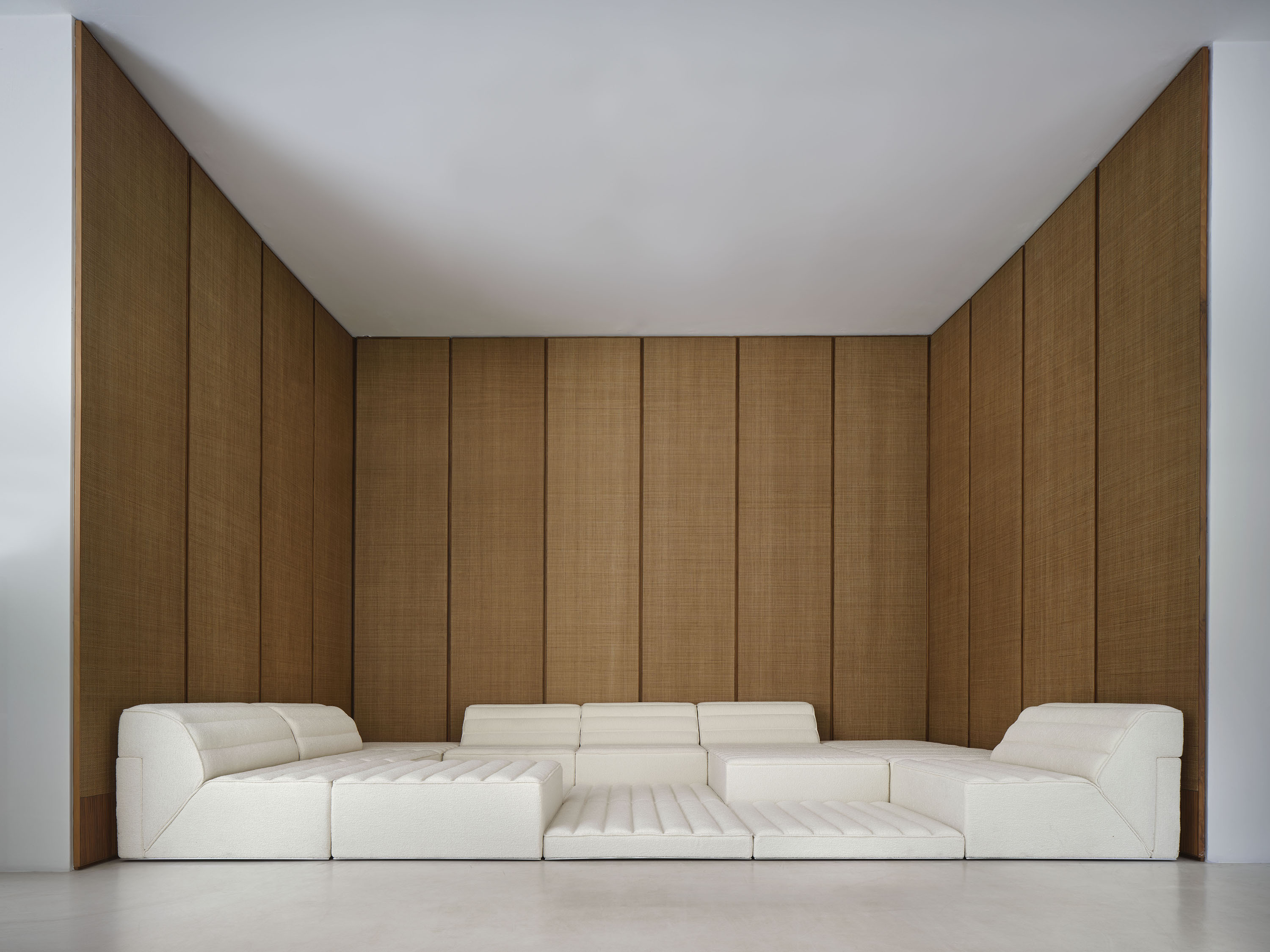
Free System
Acerbis
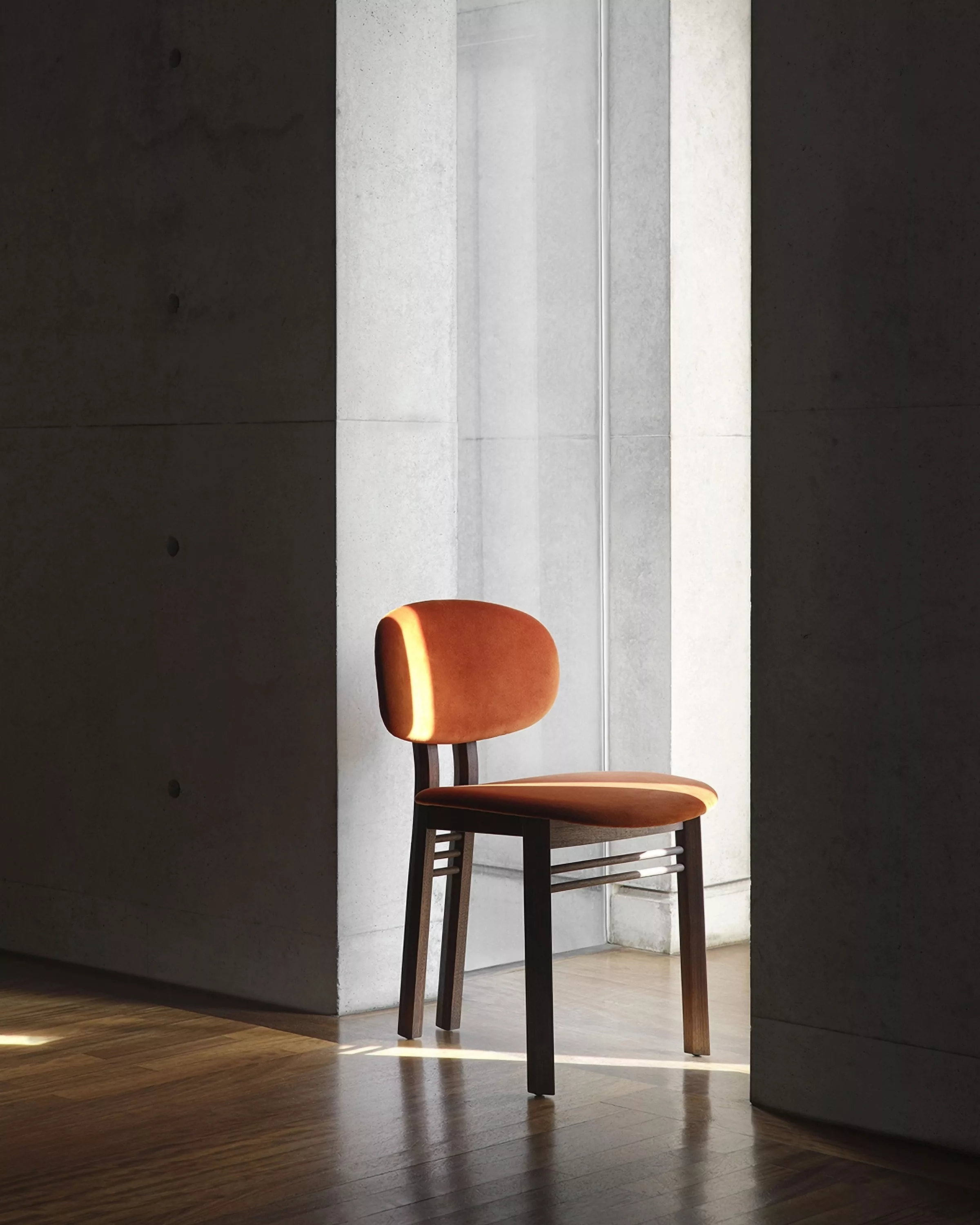
Med
Acerbis
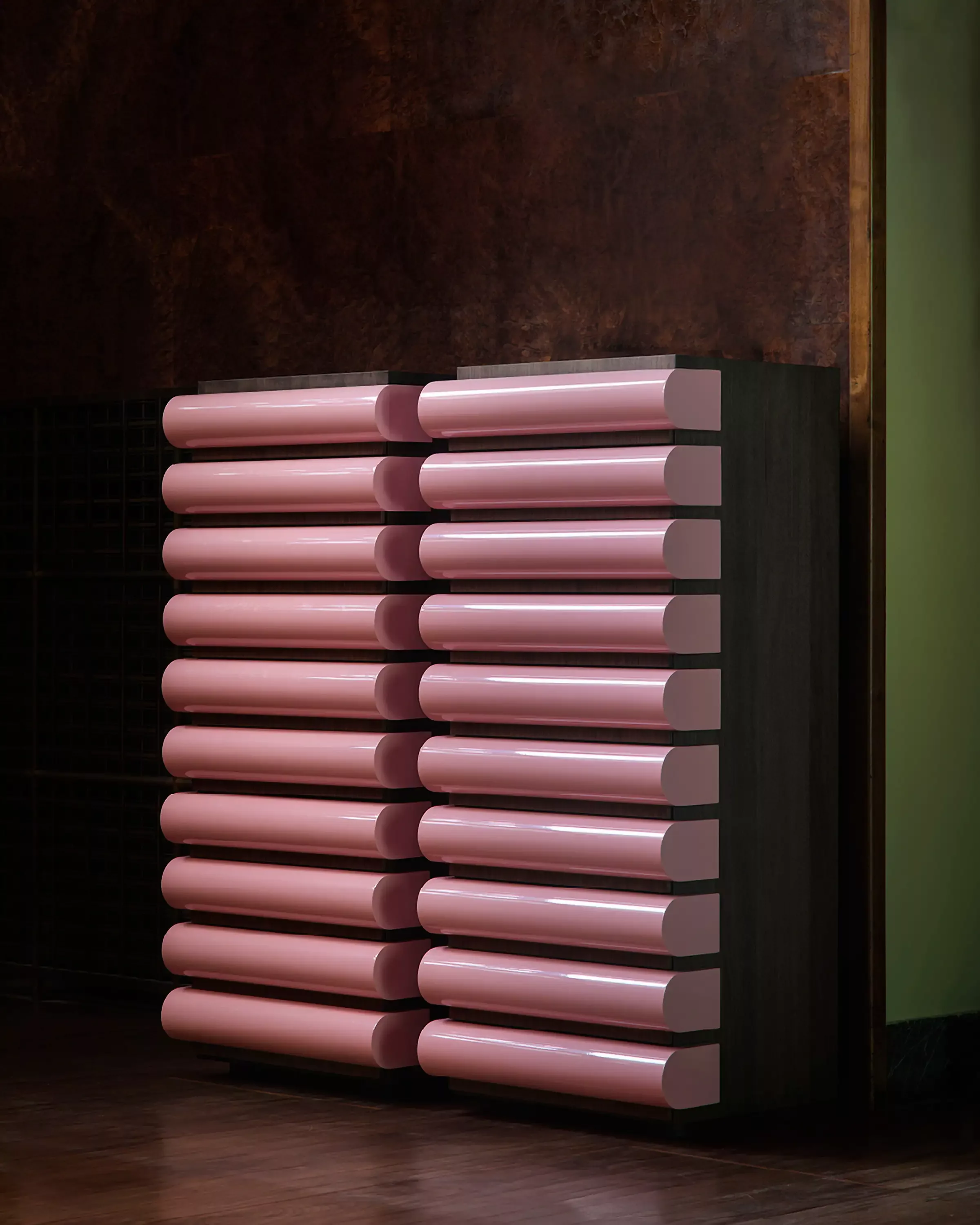
Storet
Acerbis
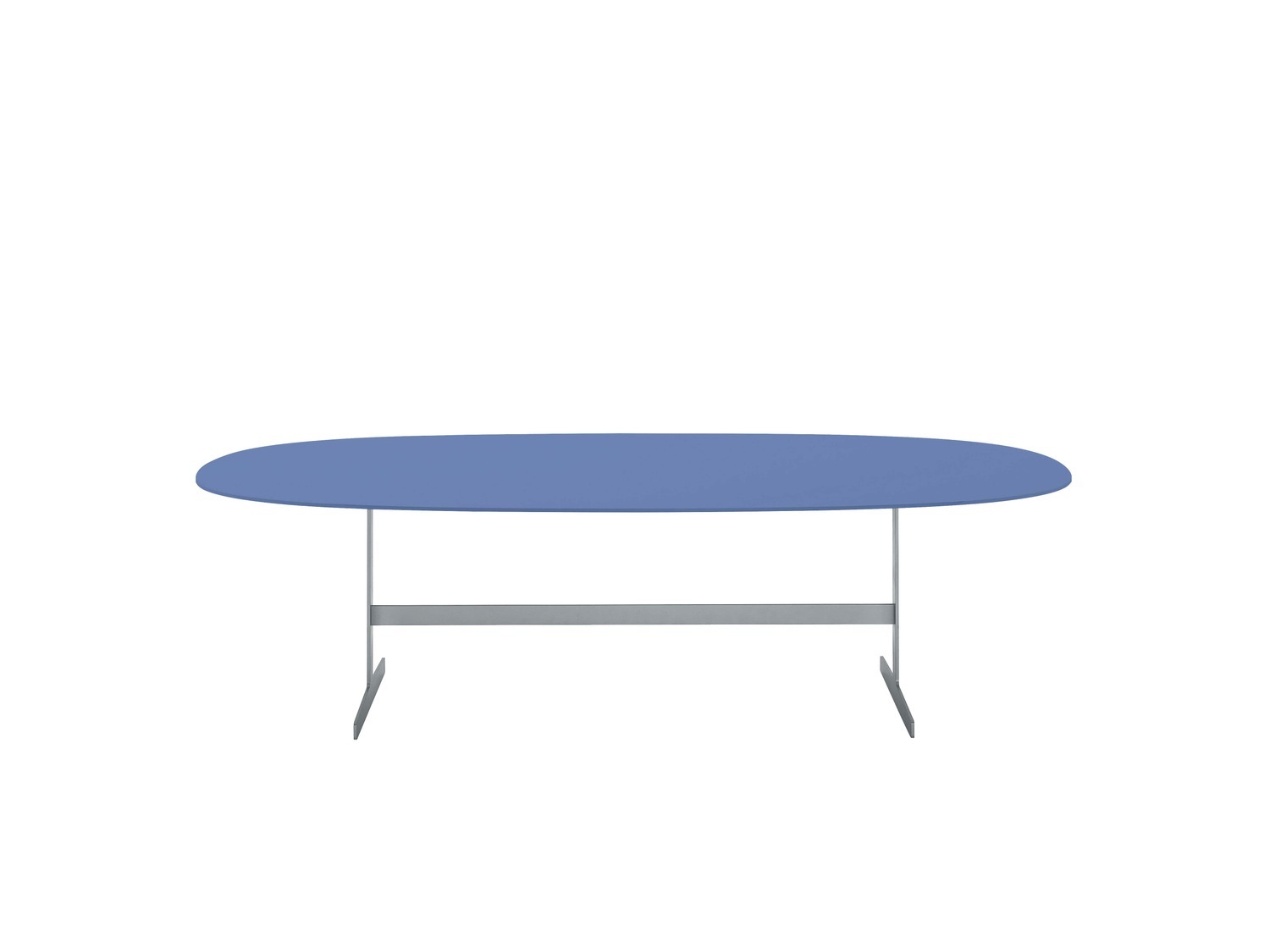
Simplon
Cappellini
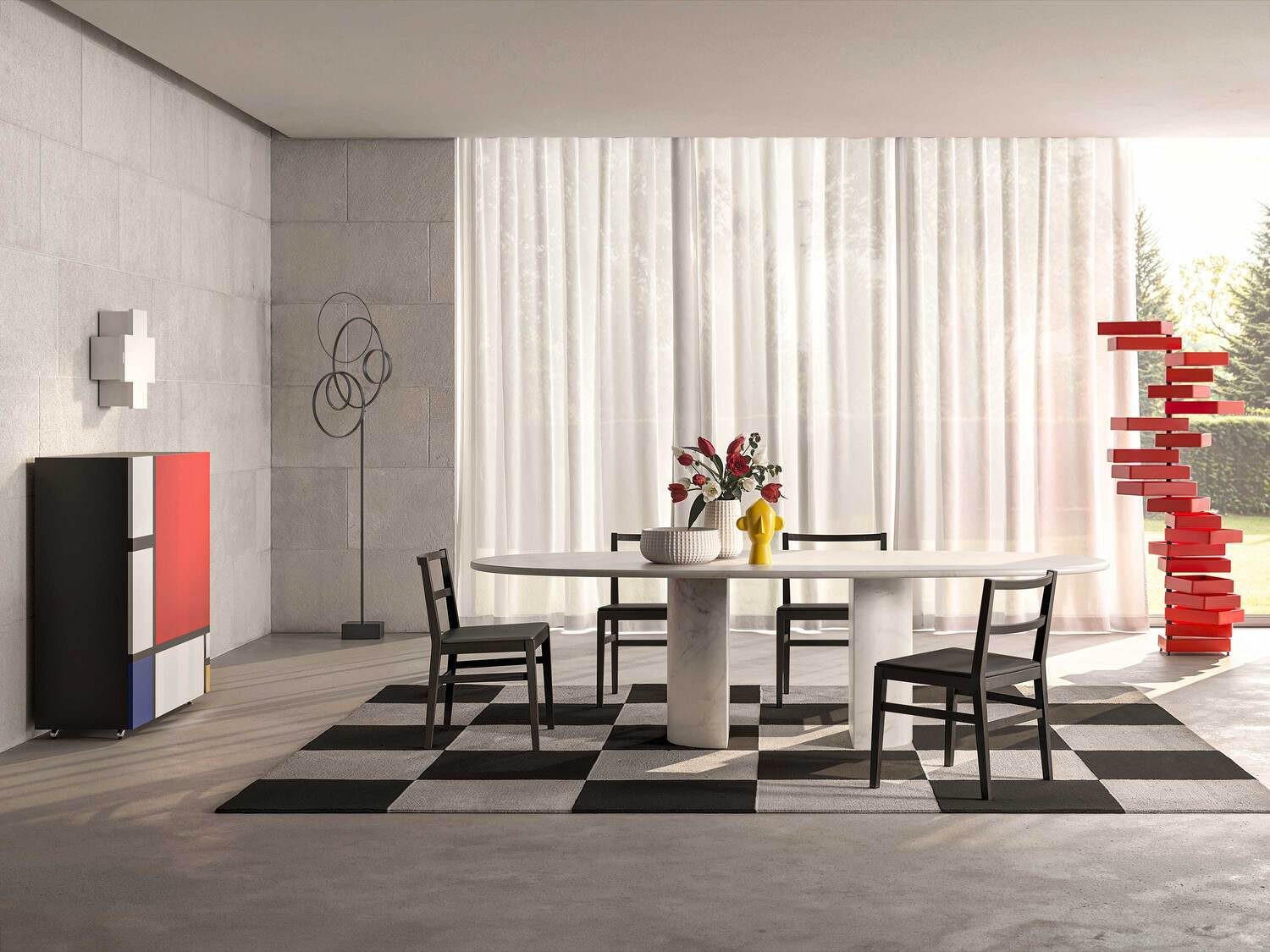
Dolmen
Cappellini
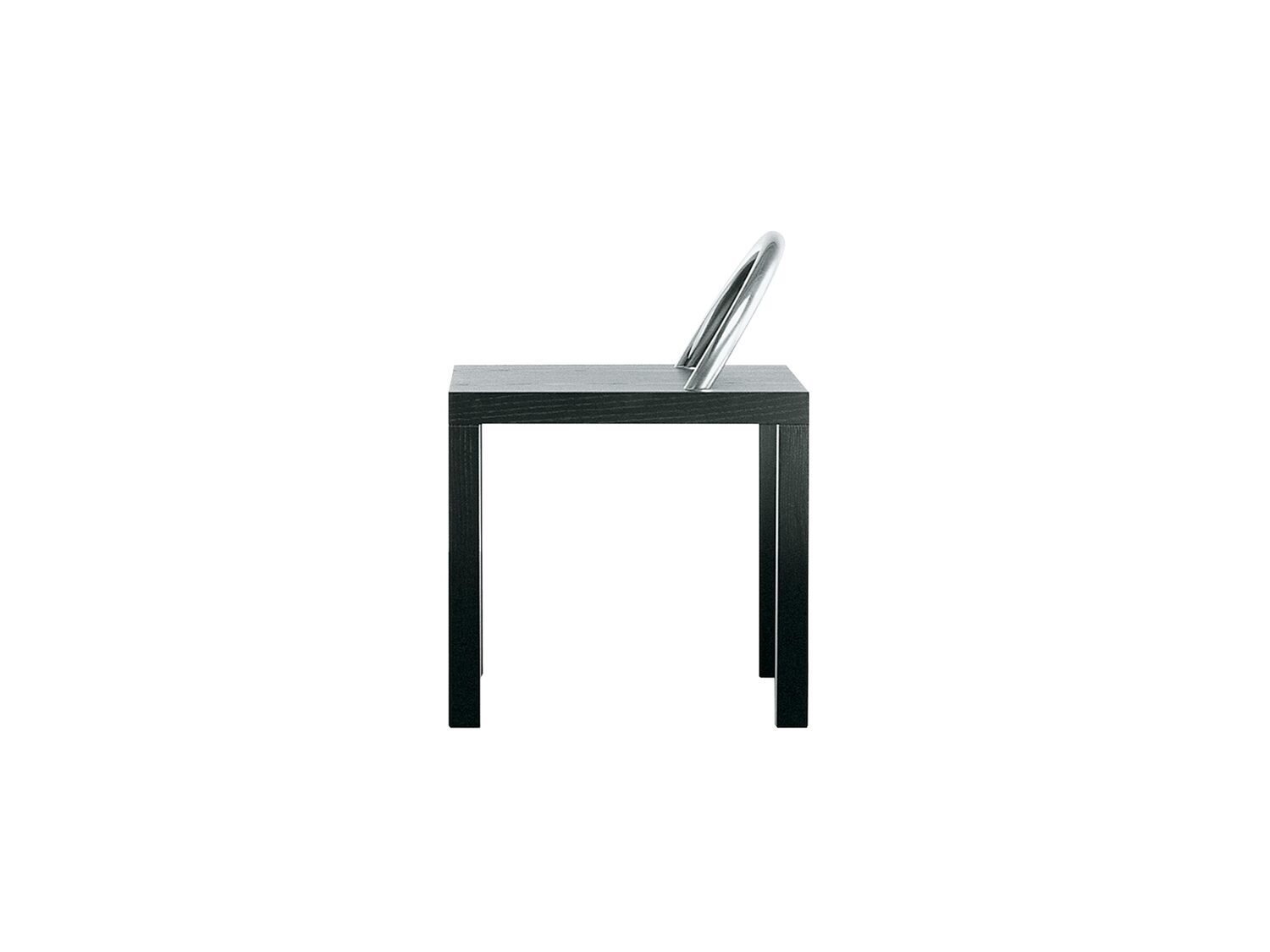
KO-KO
Cappellini
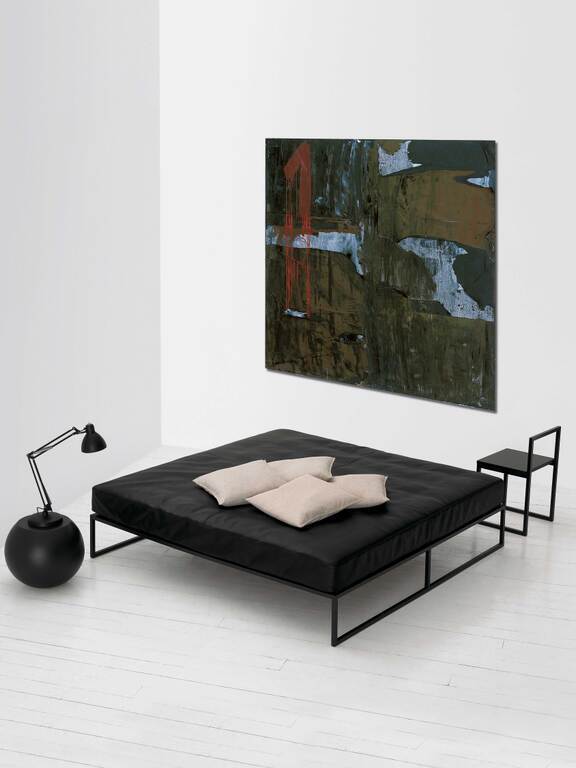
Fronzoni '64
Cappellini
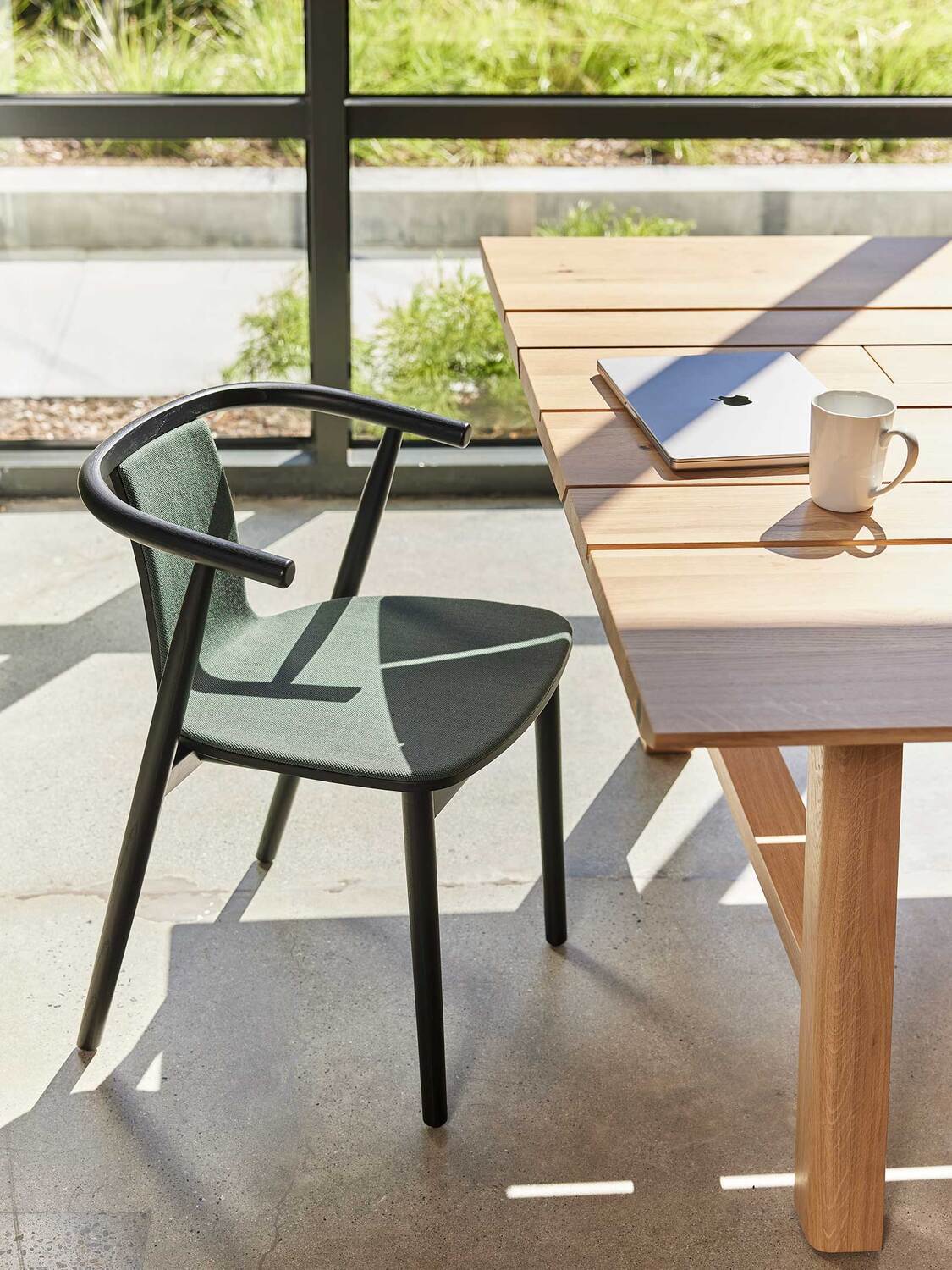
Bac
Cappellini

Classica
Cappellini

Hiroi
Cappellini

Low Pad
Cappellini
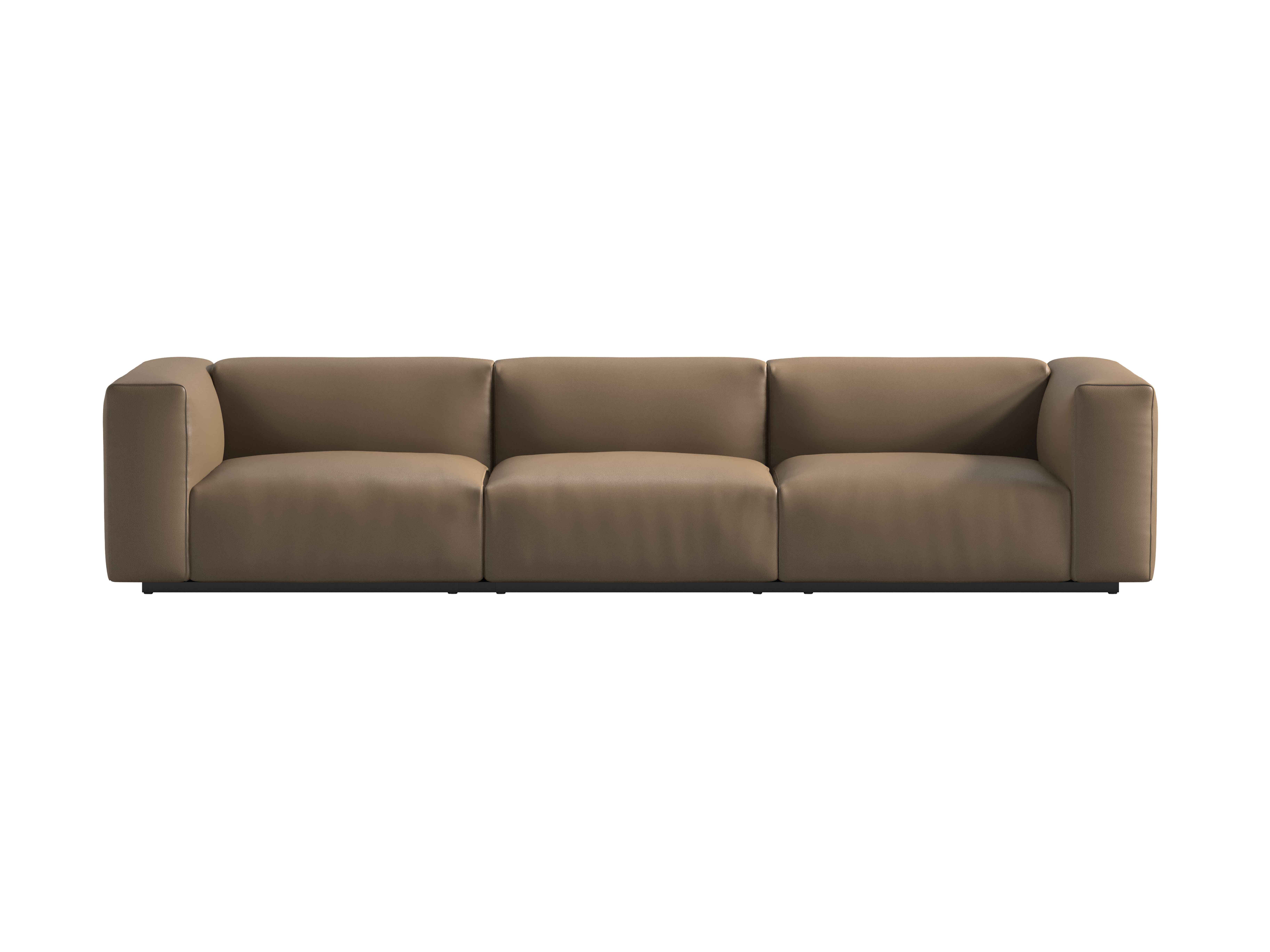
Oblong Plus
Cappellini
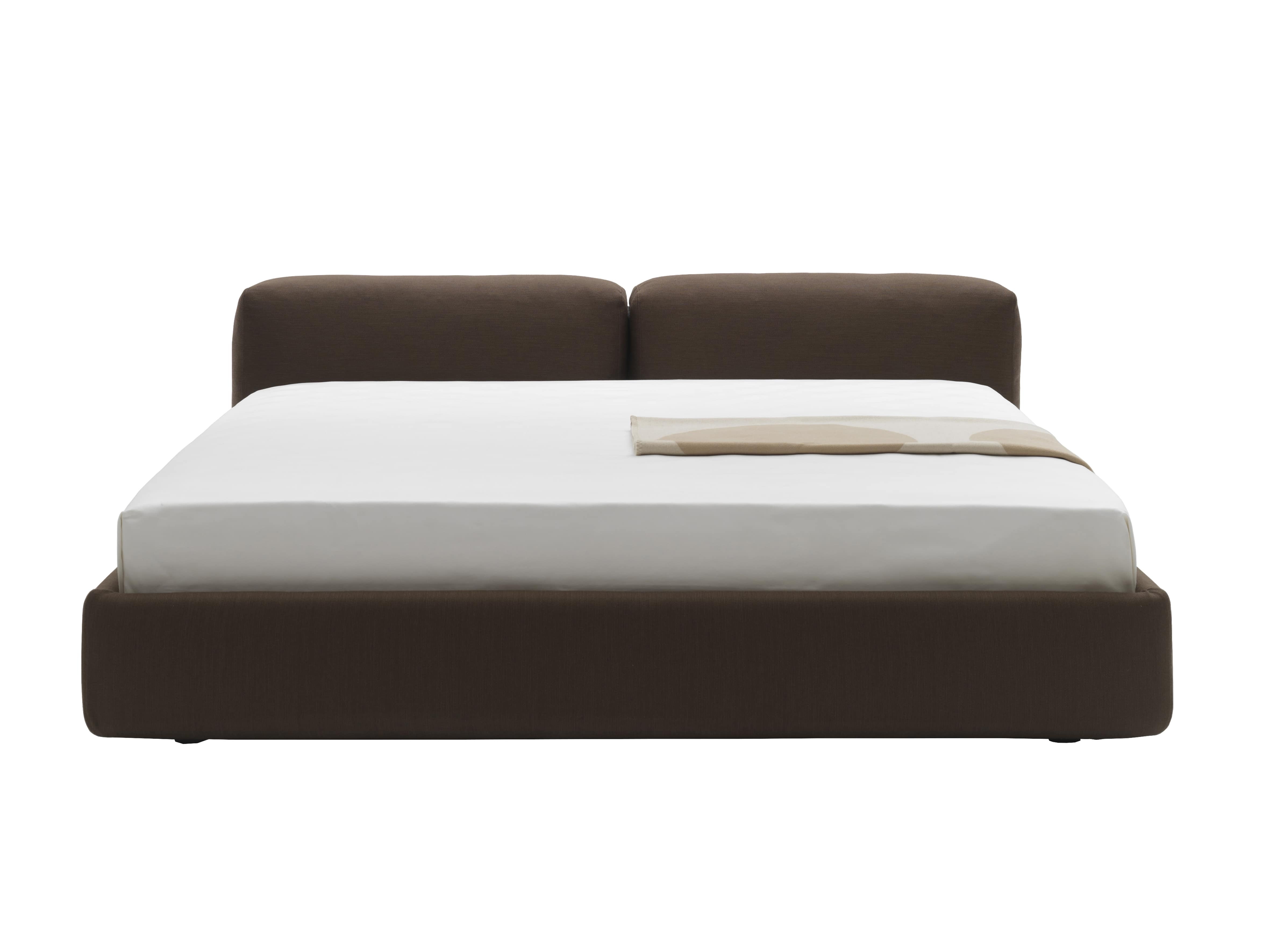
Superoblong Bed
Cappellini

Gambetta
Cappellini
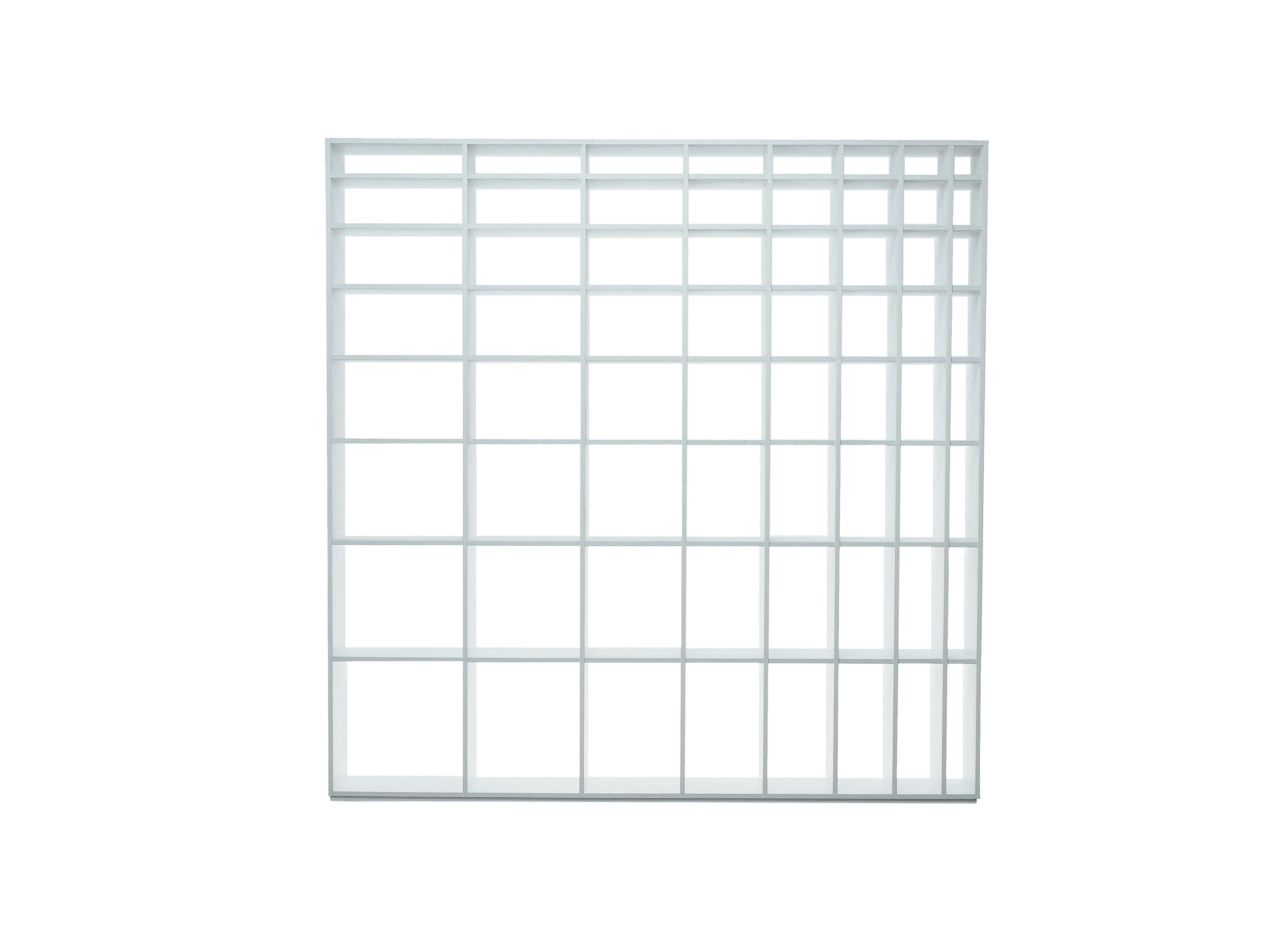
Bookshelf
Cappellini

